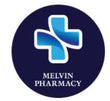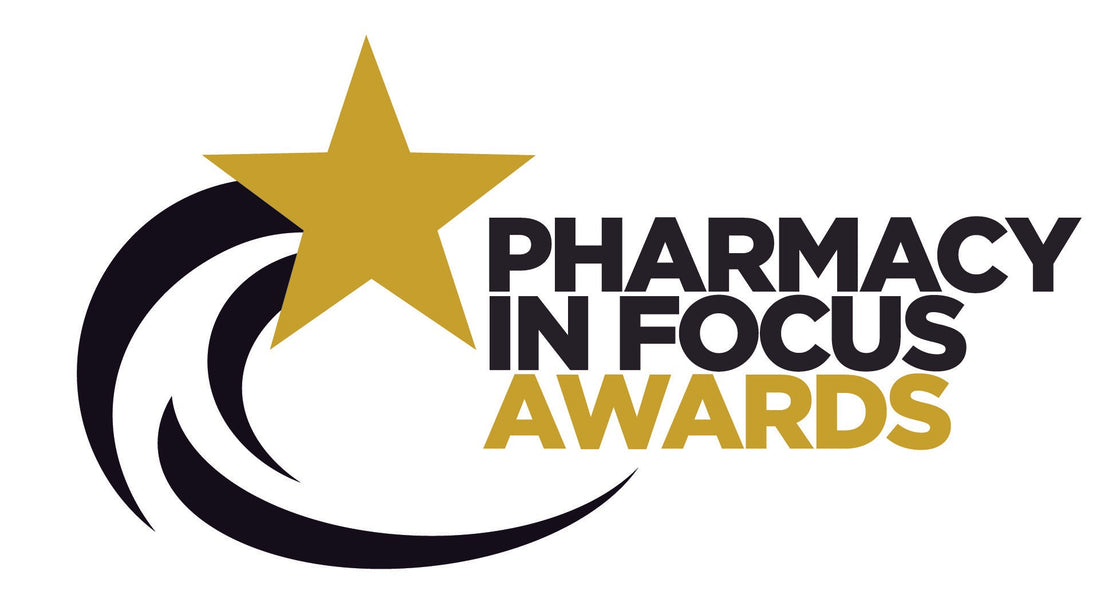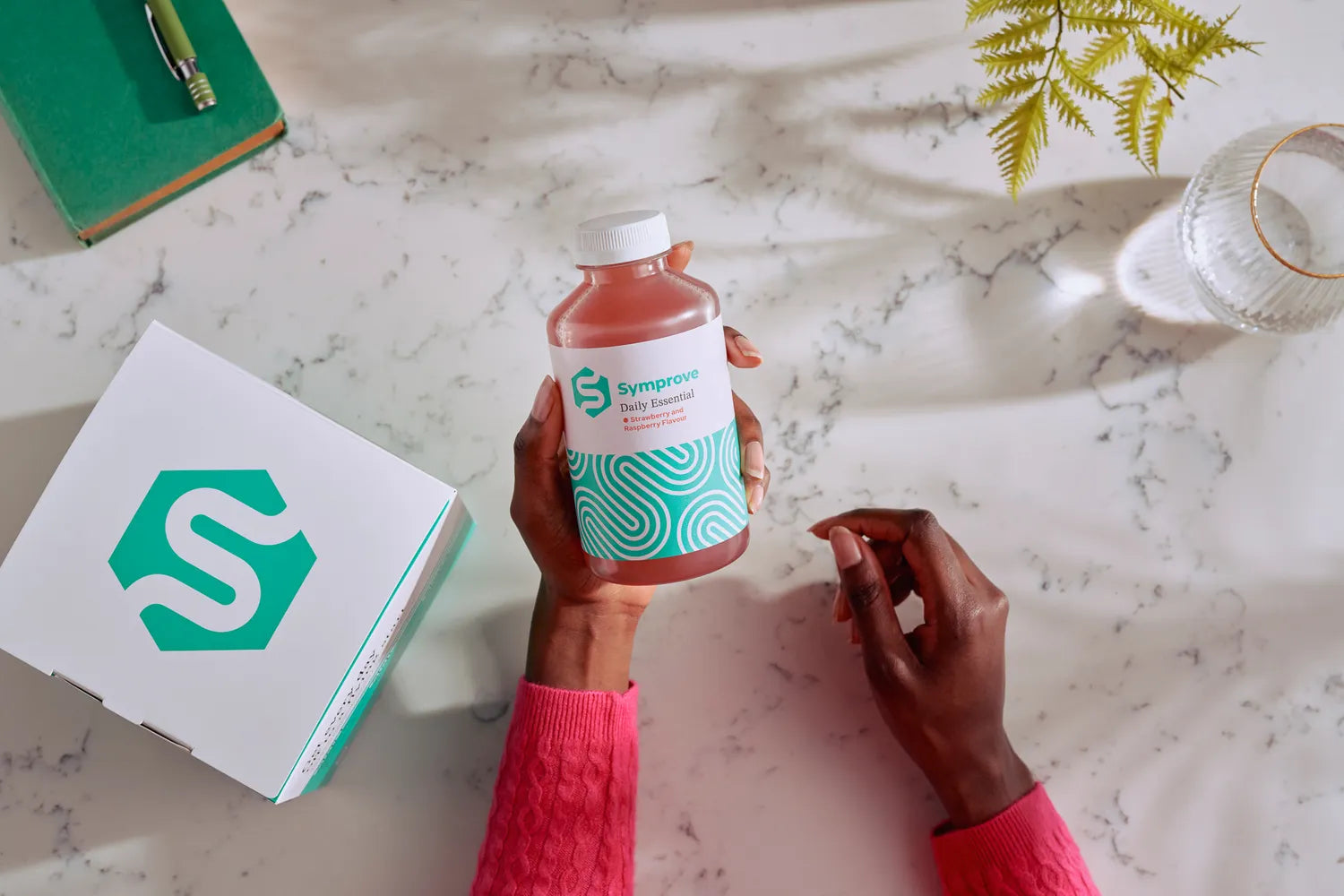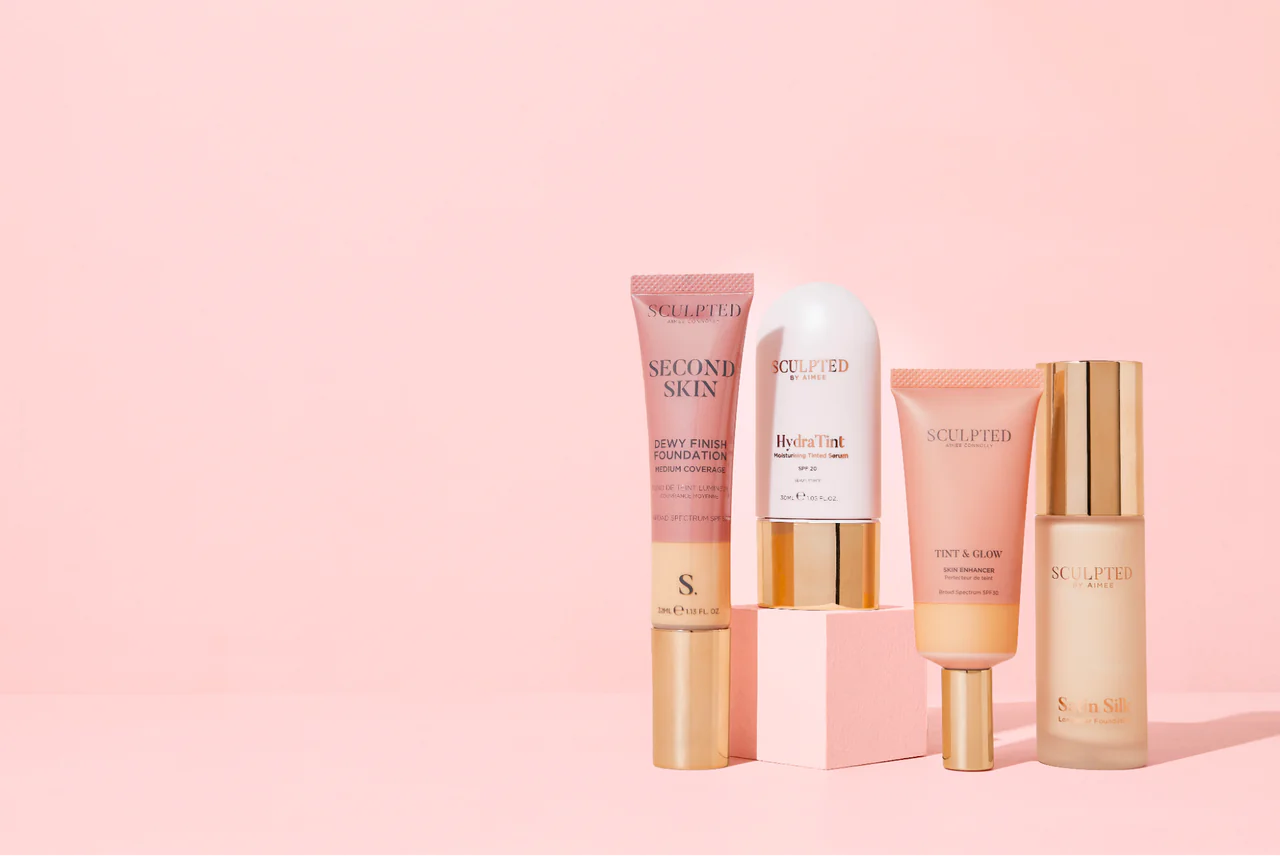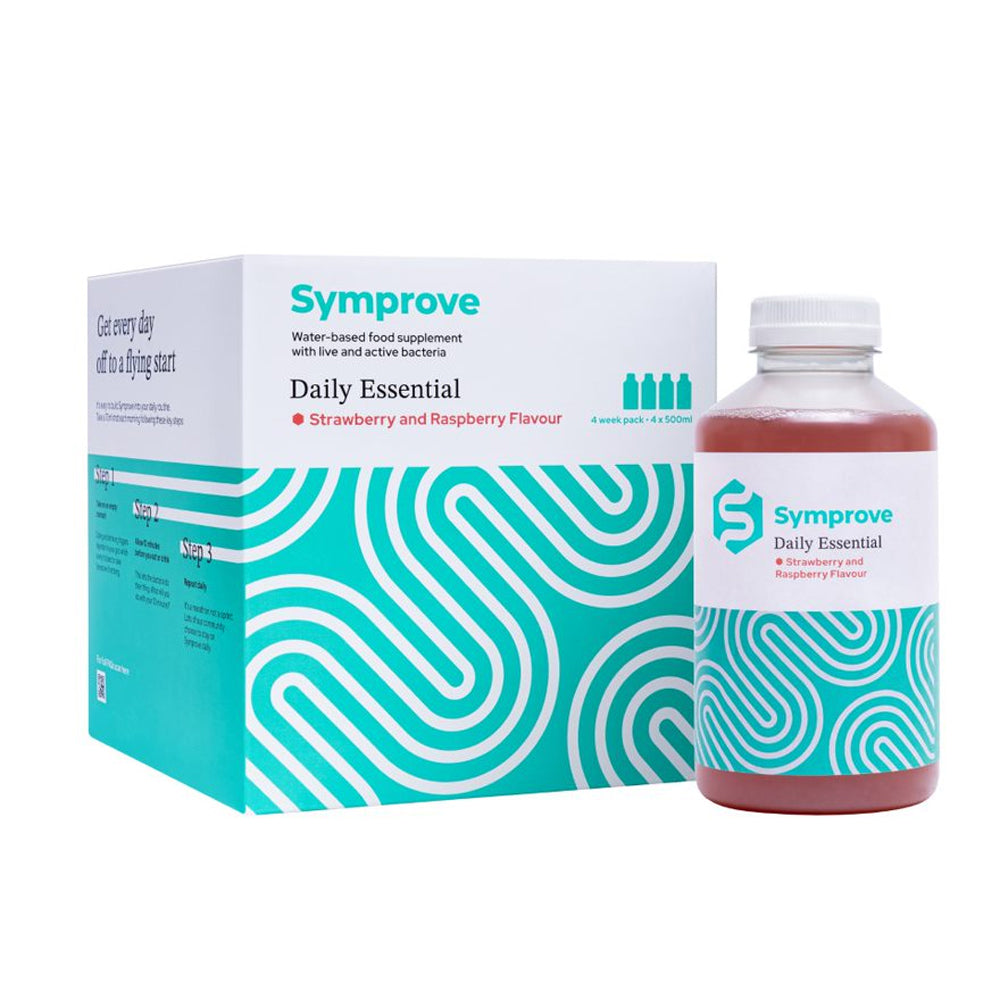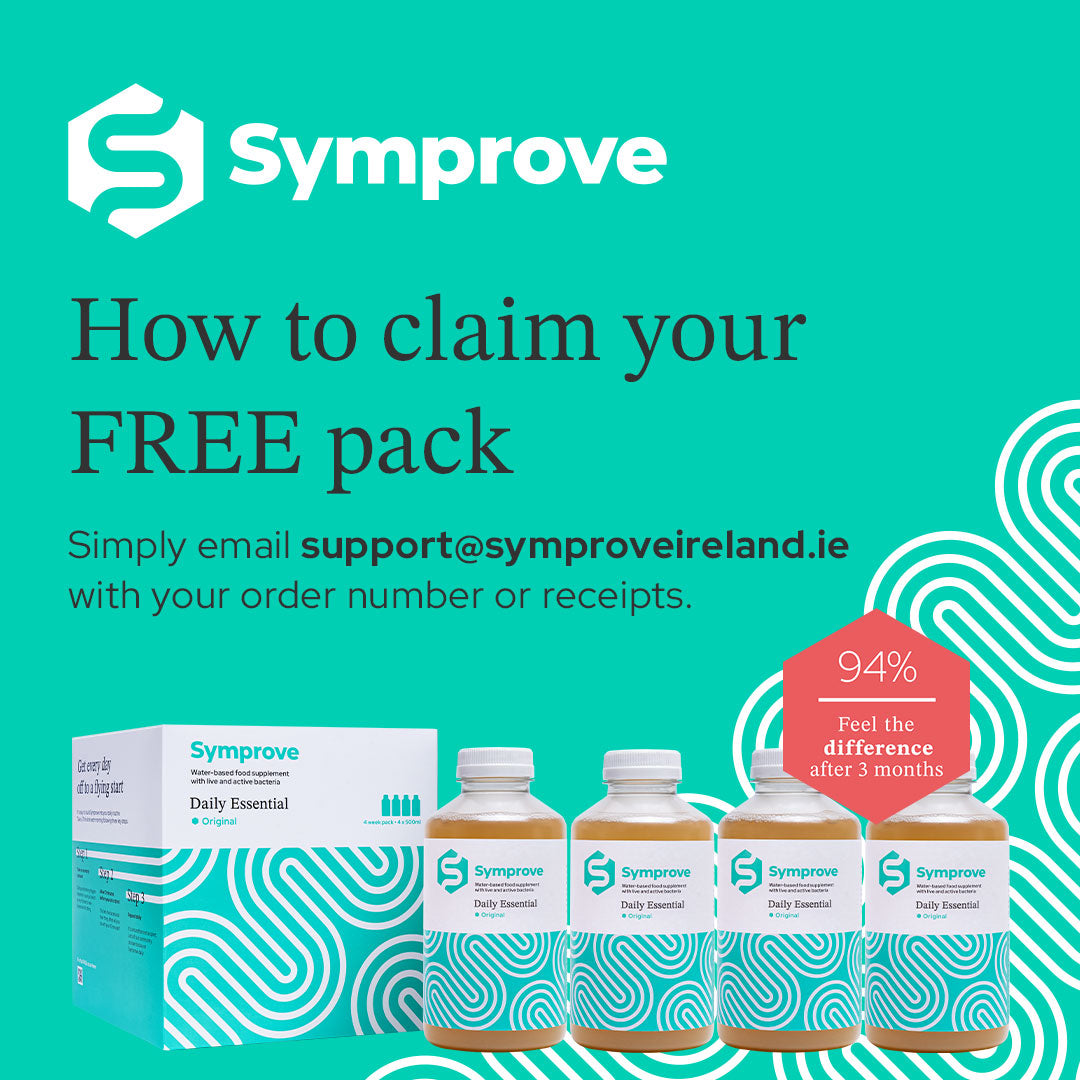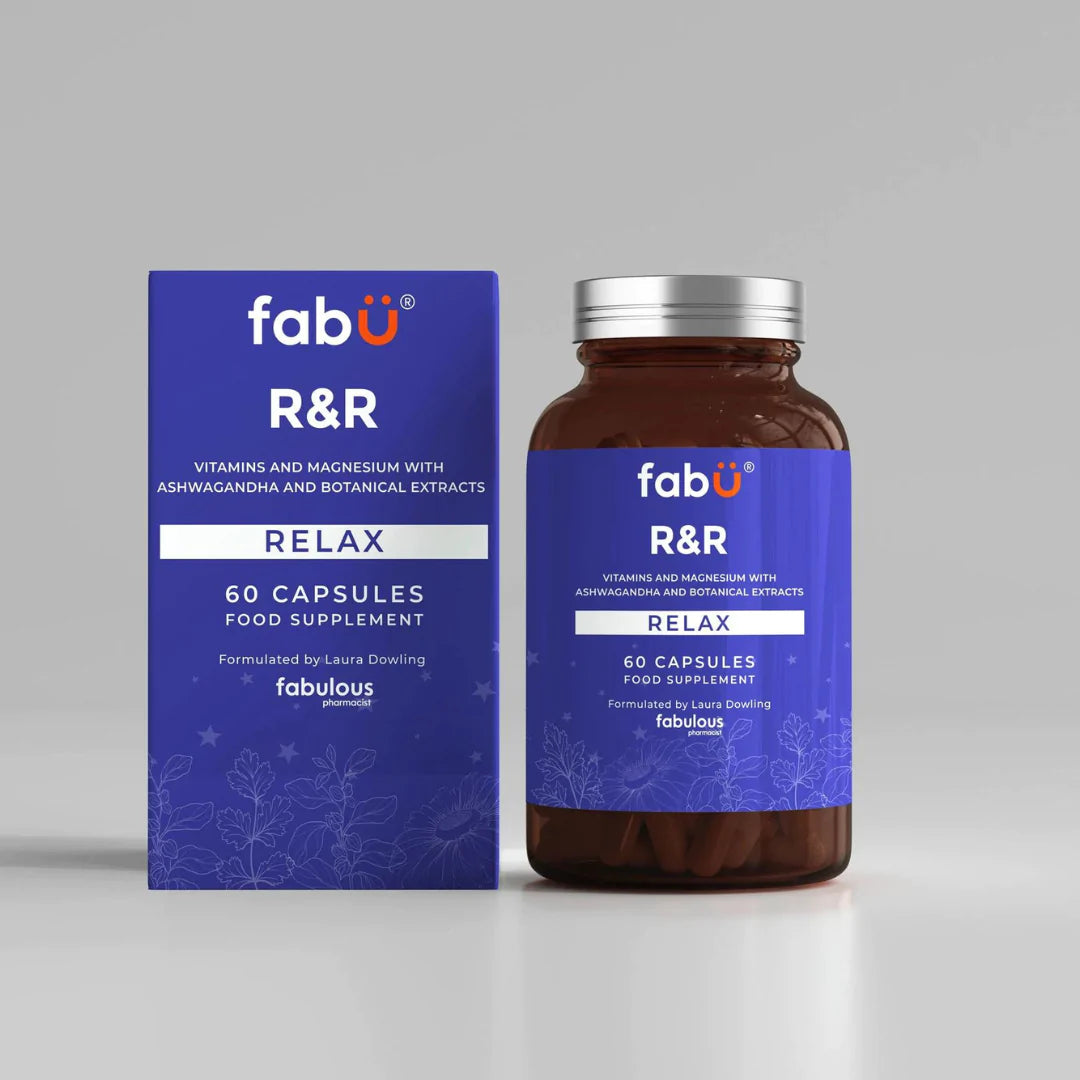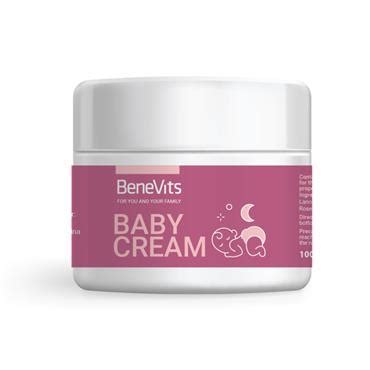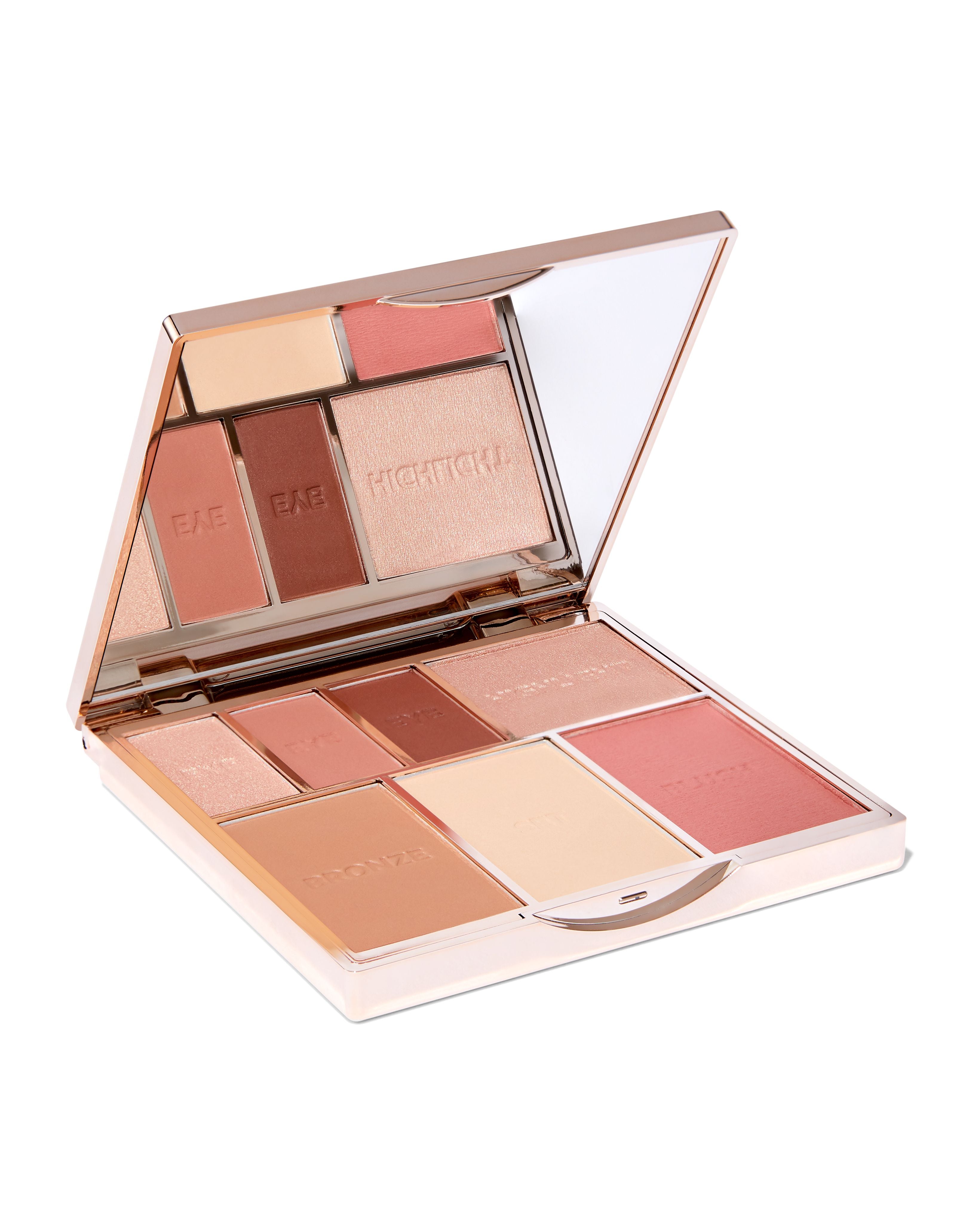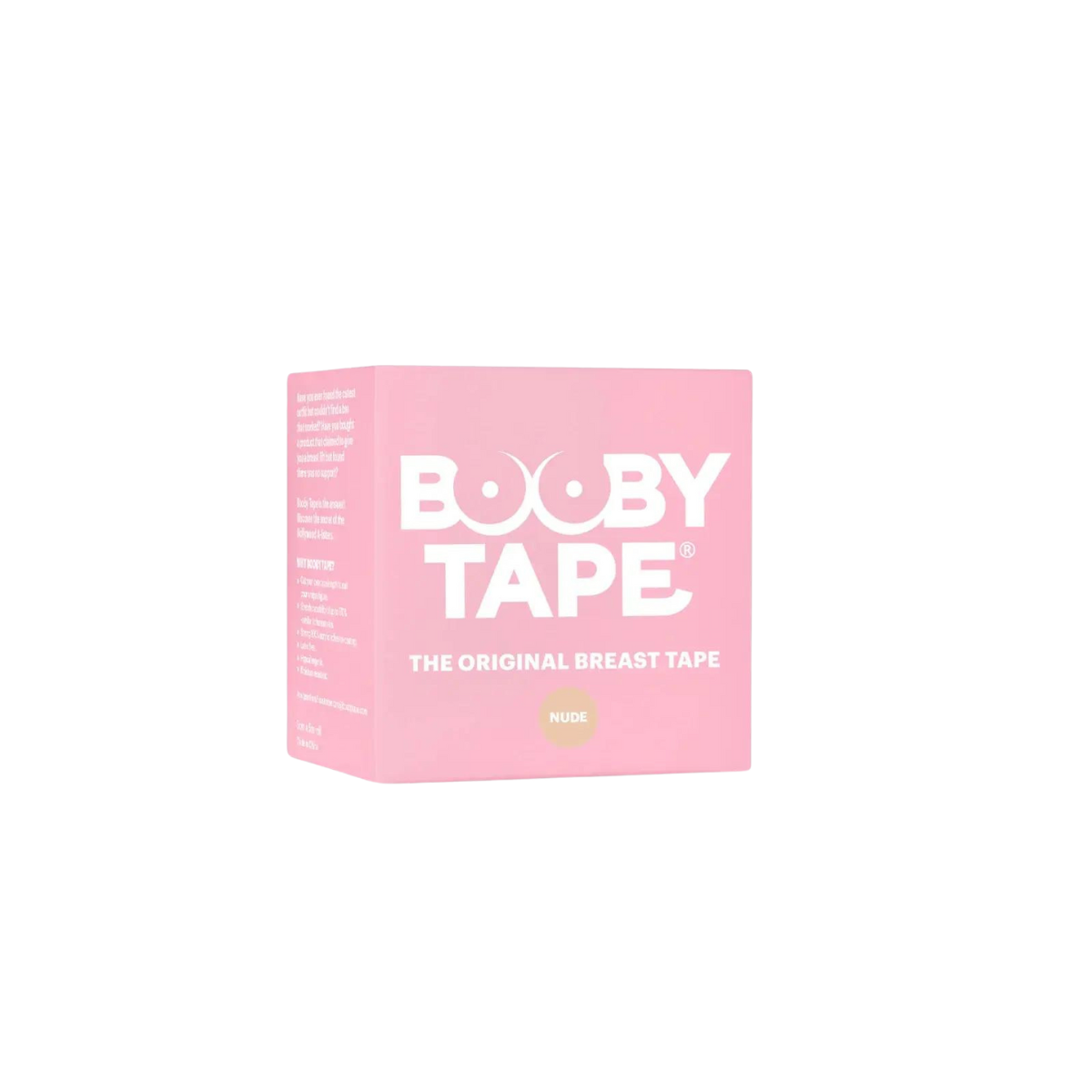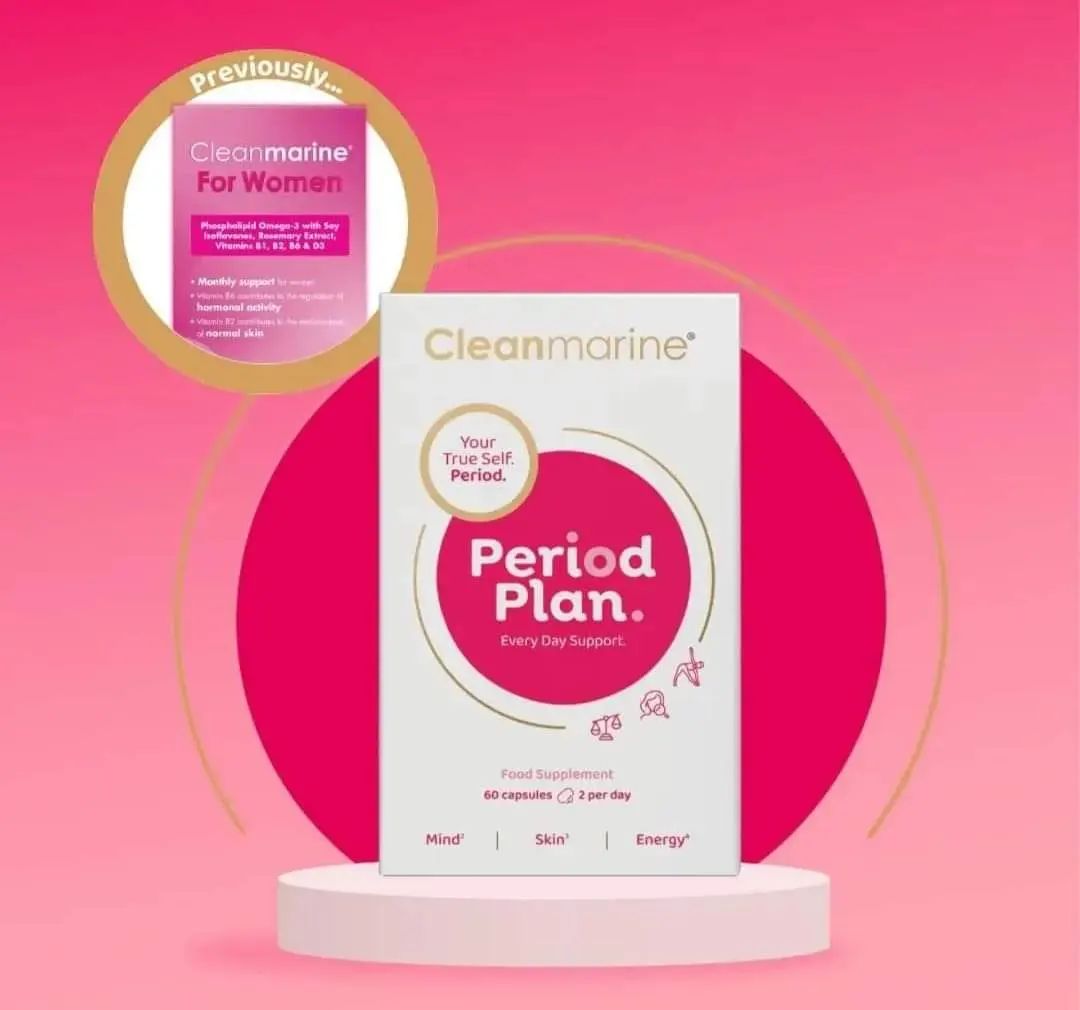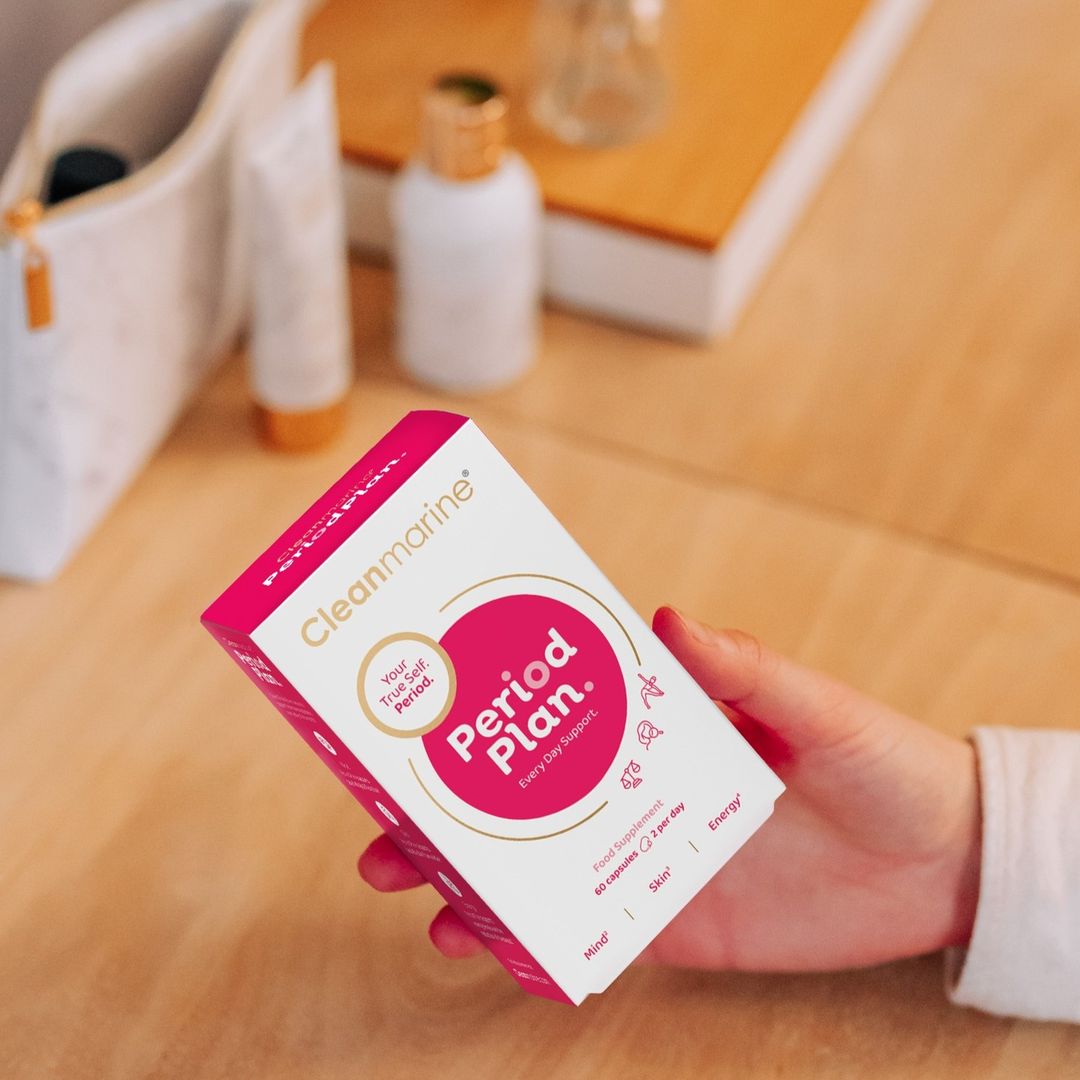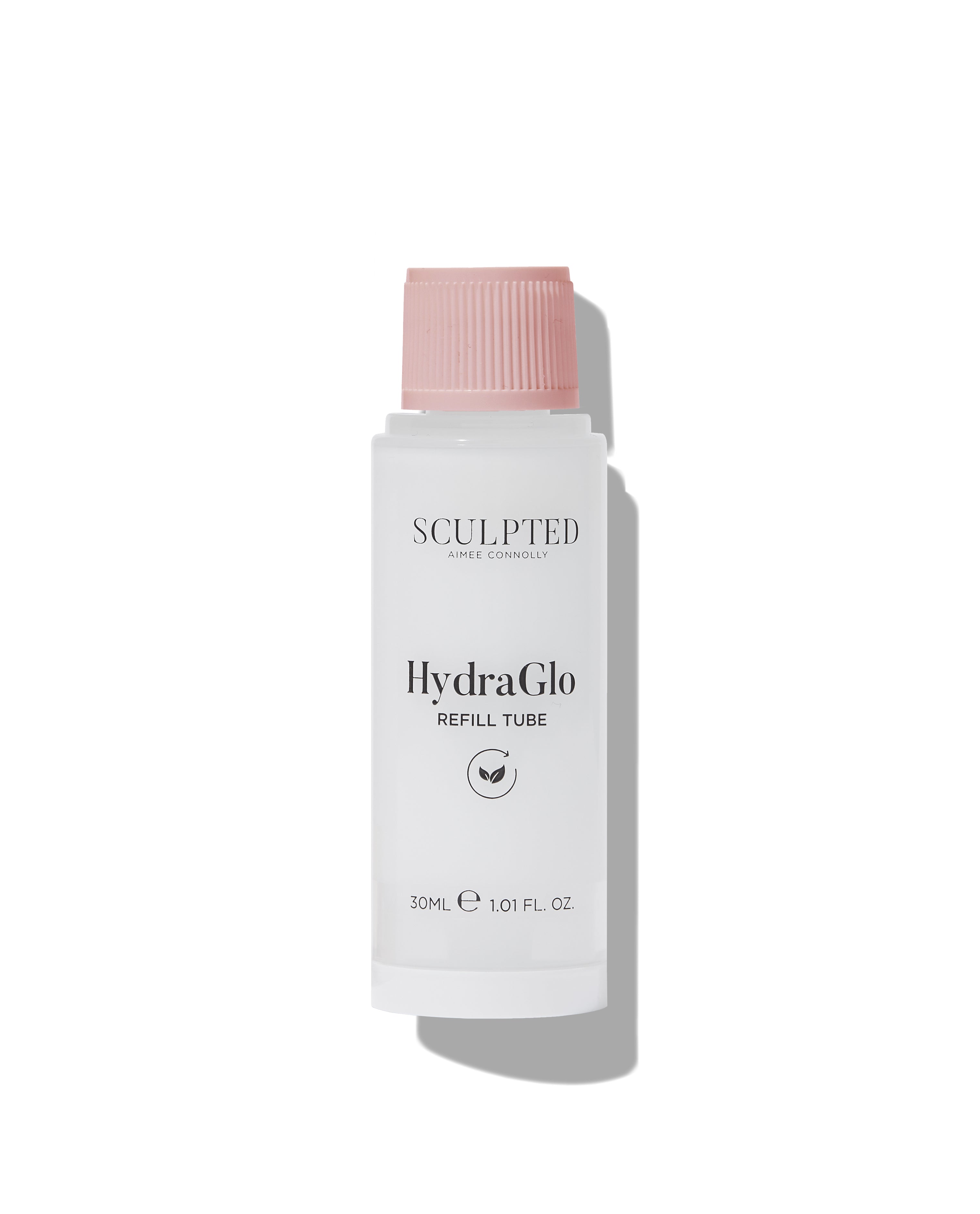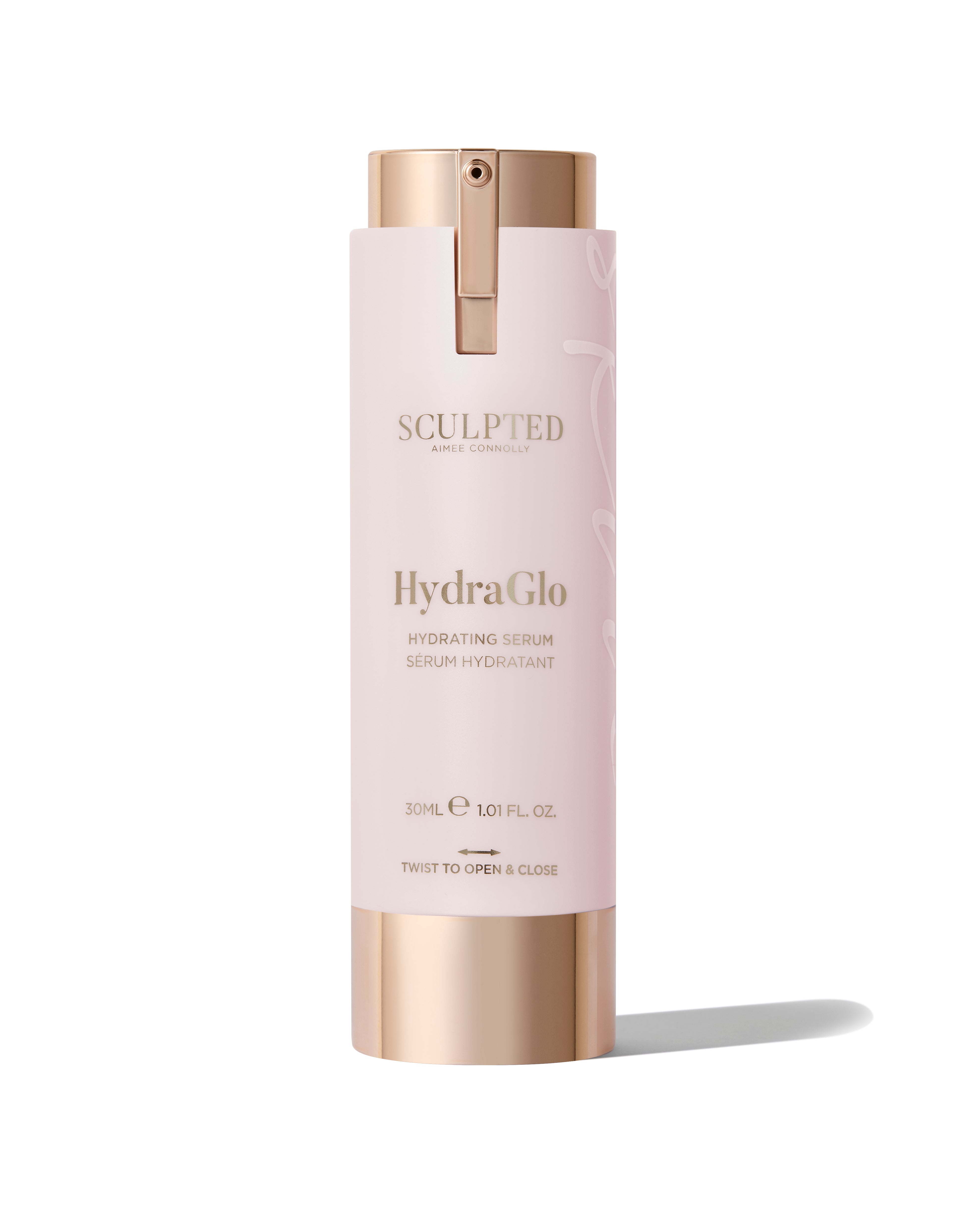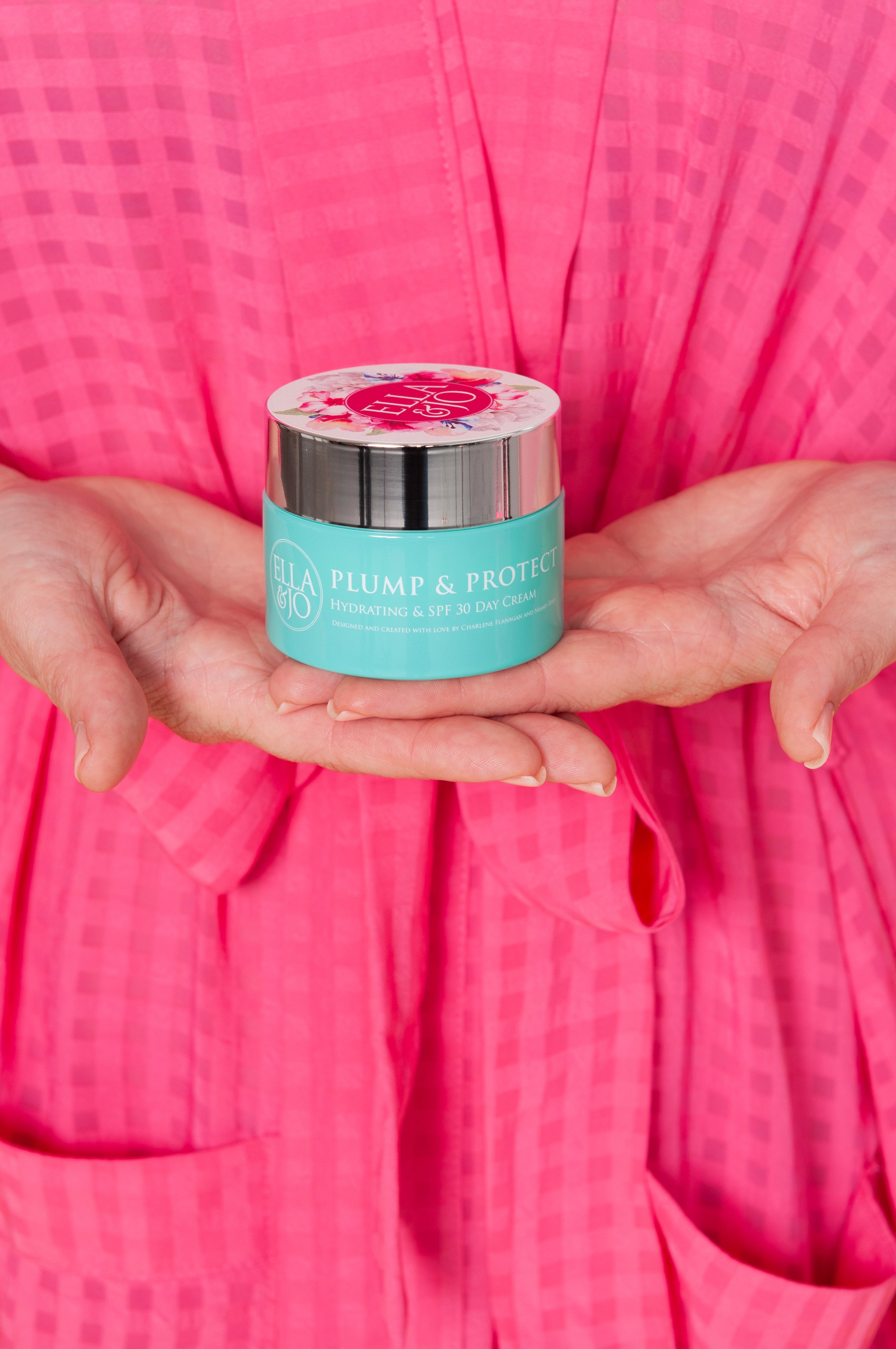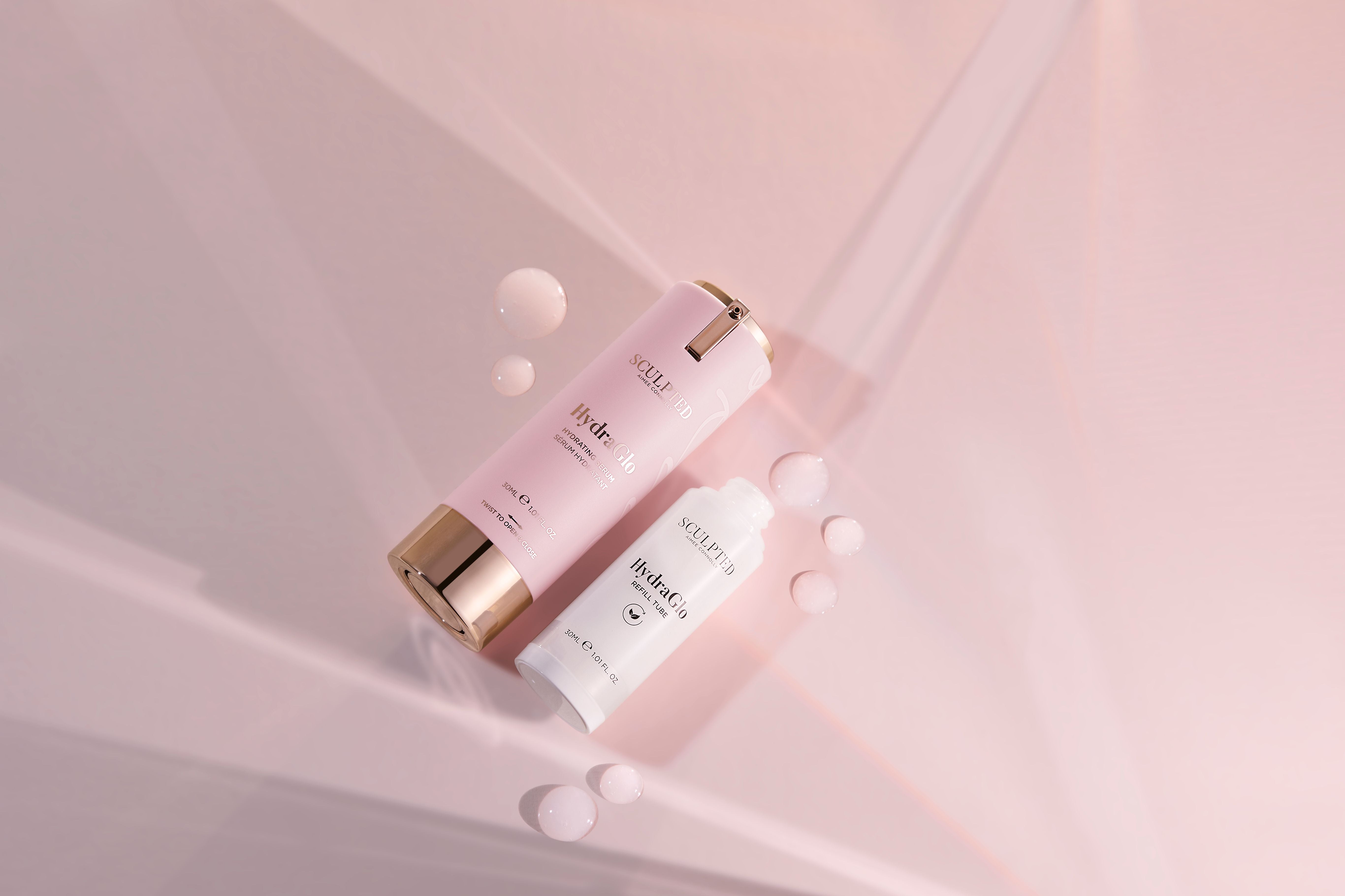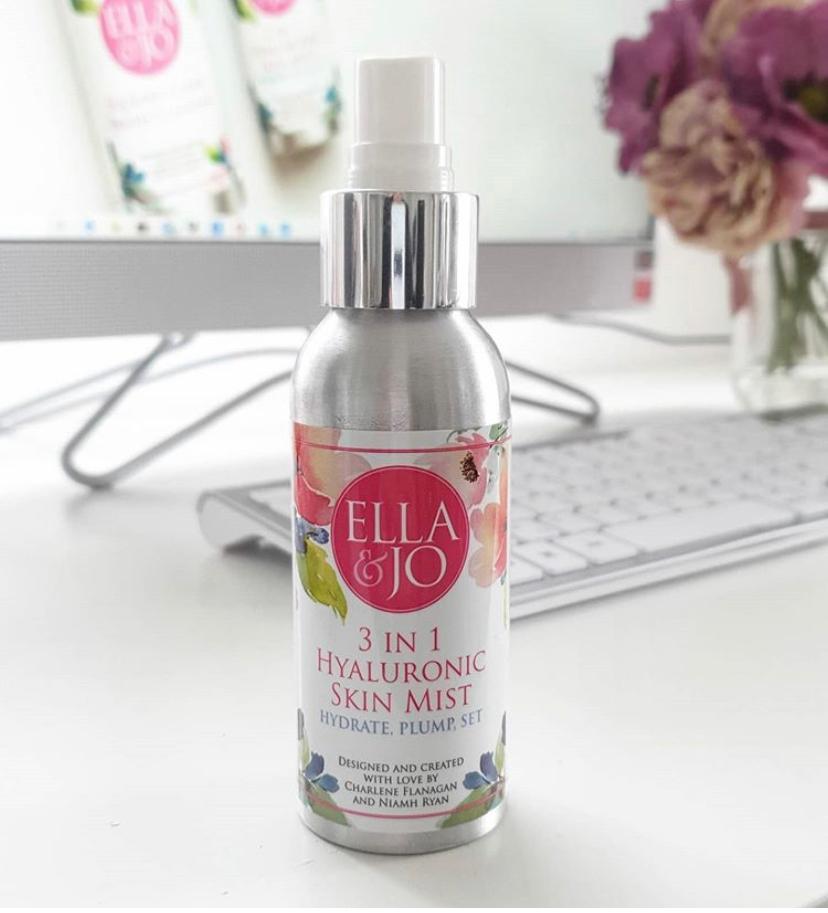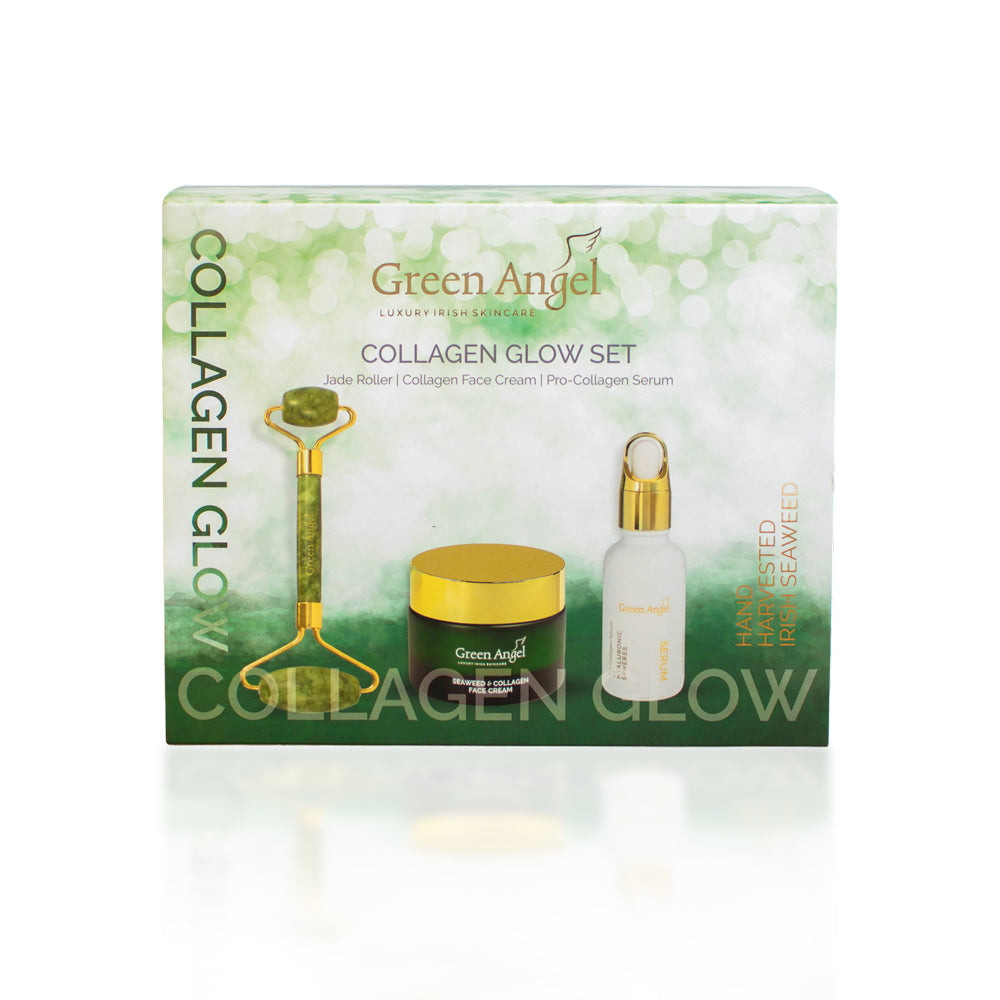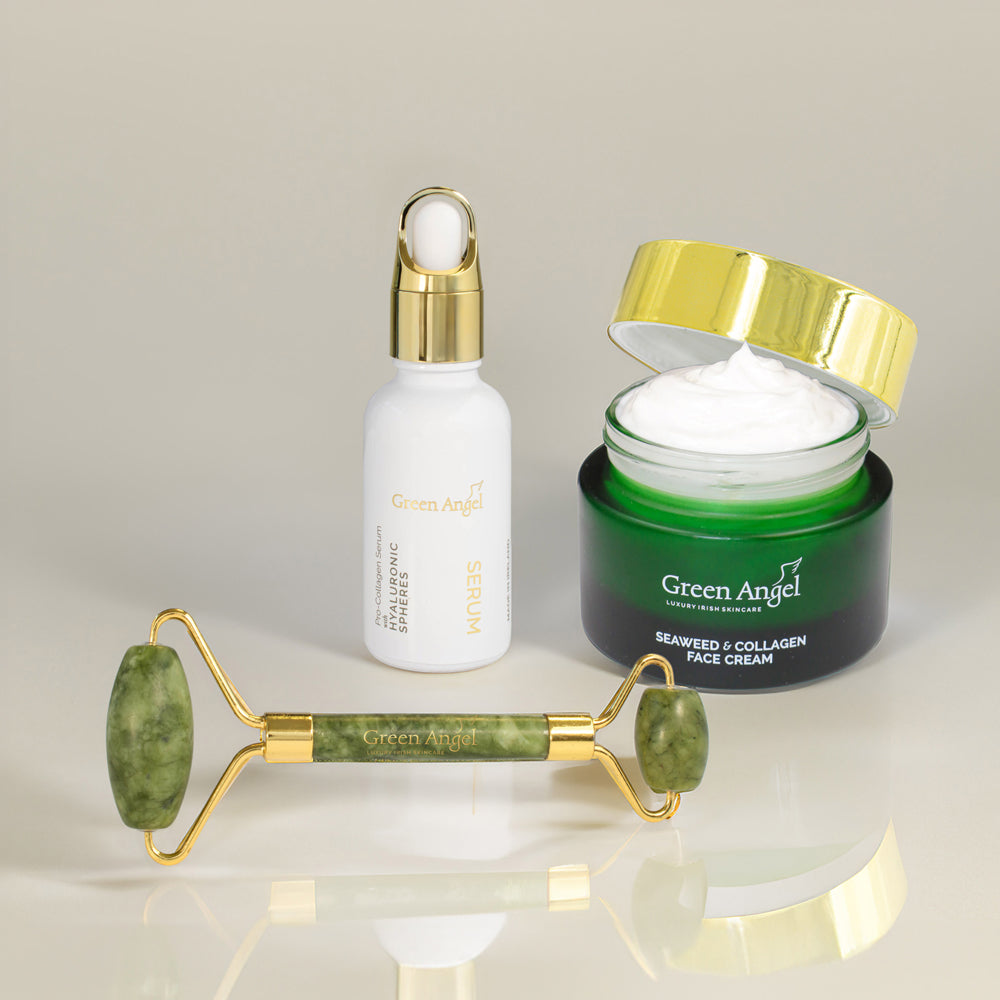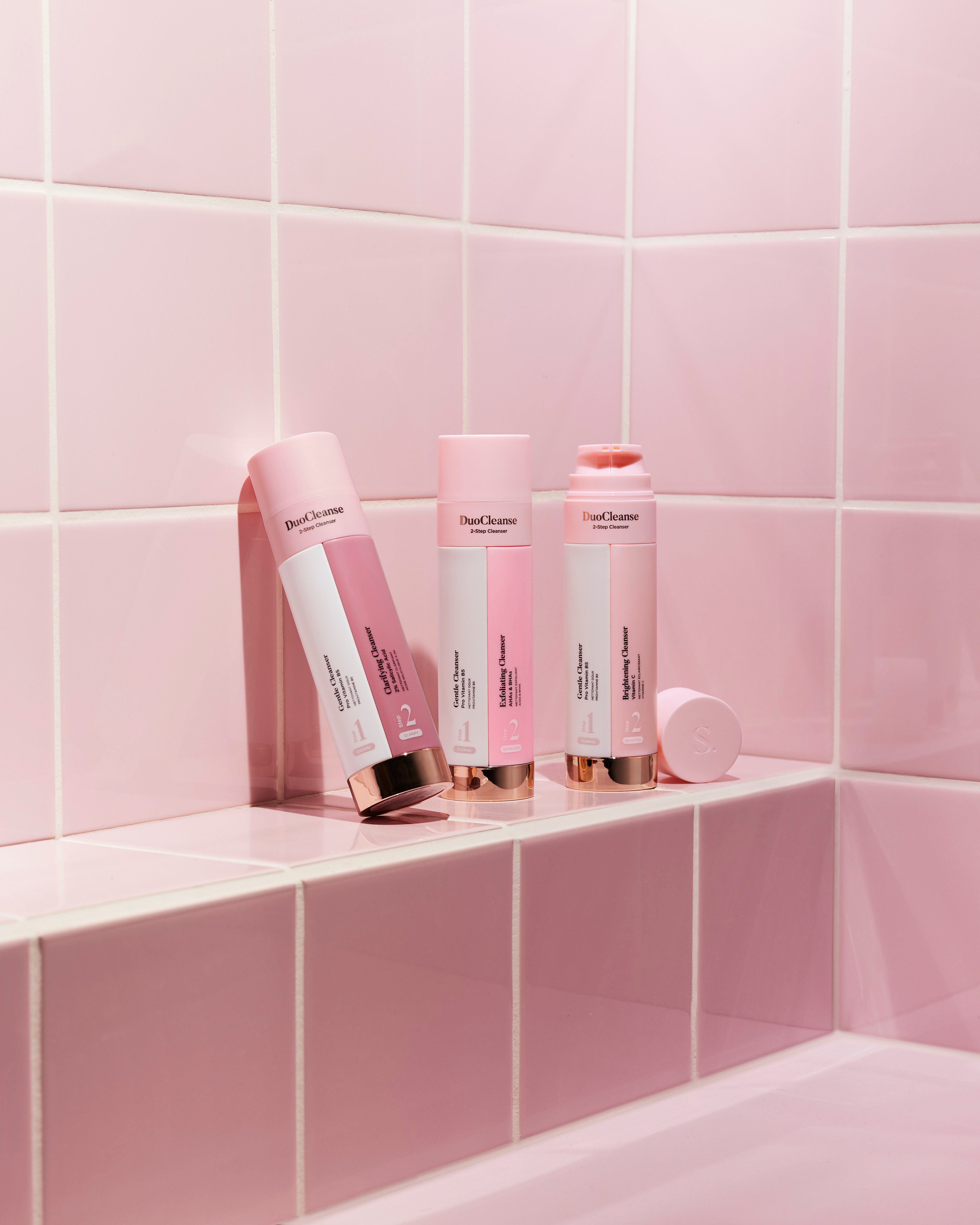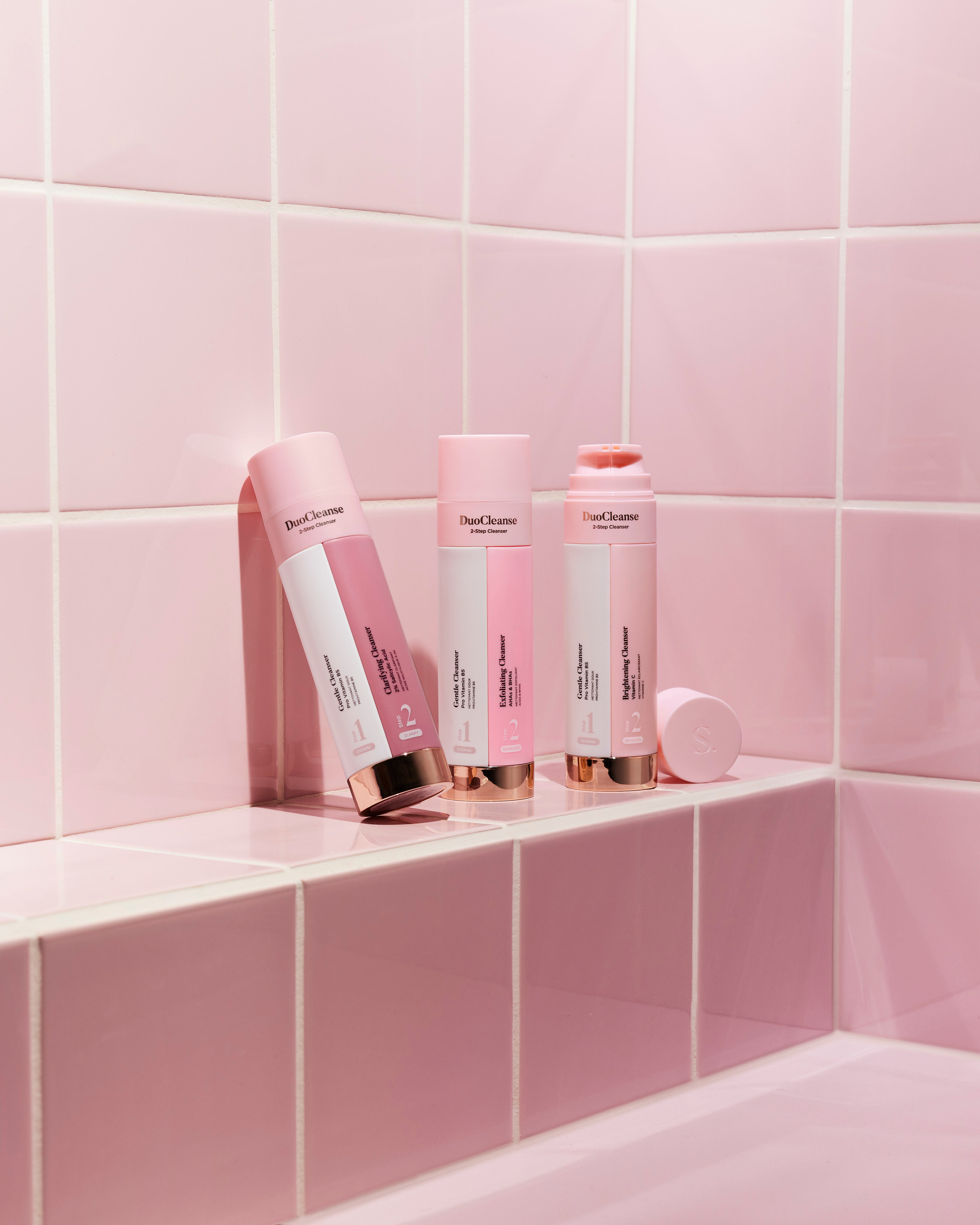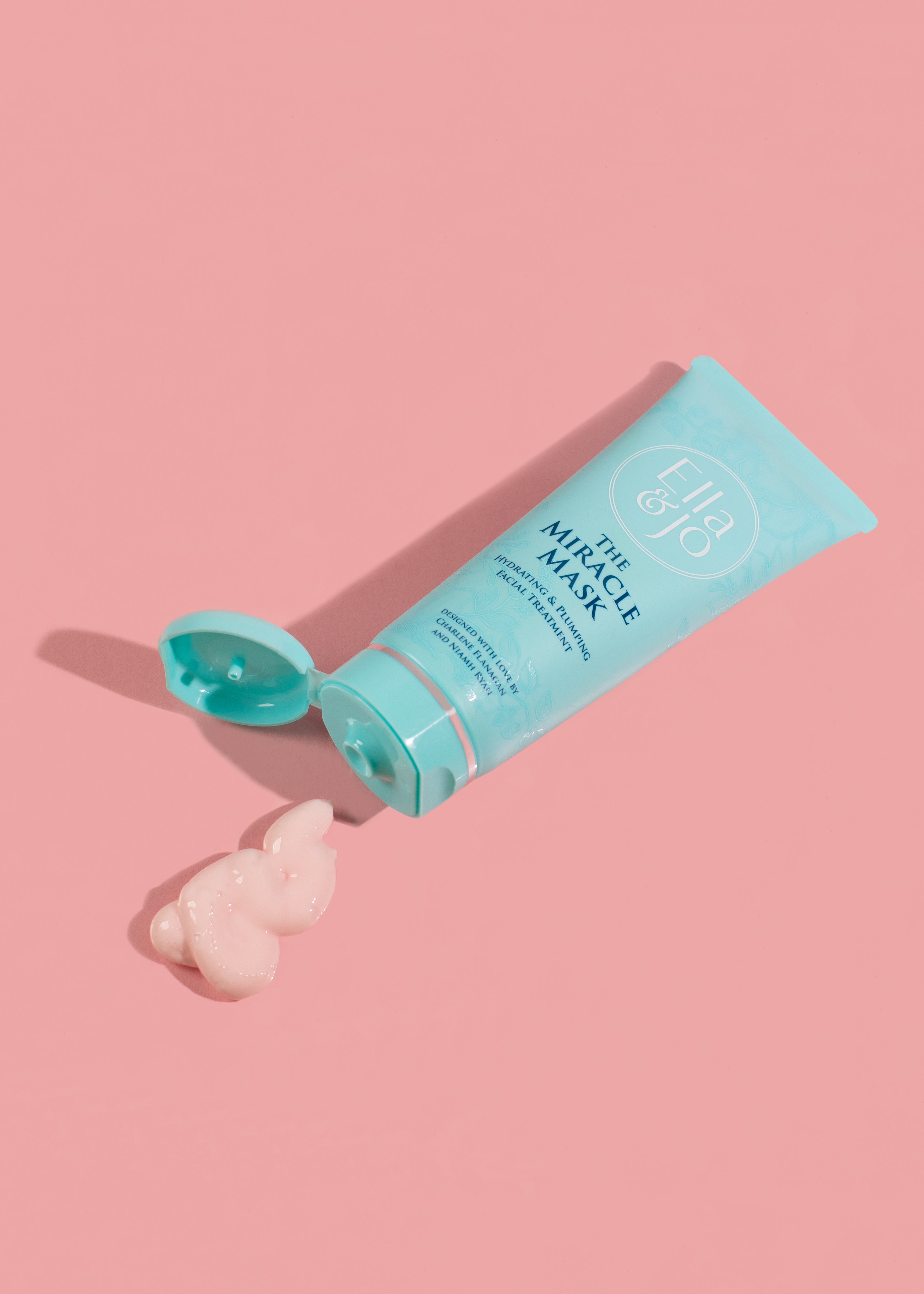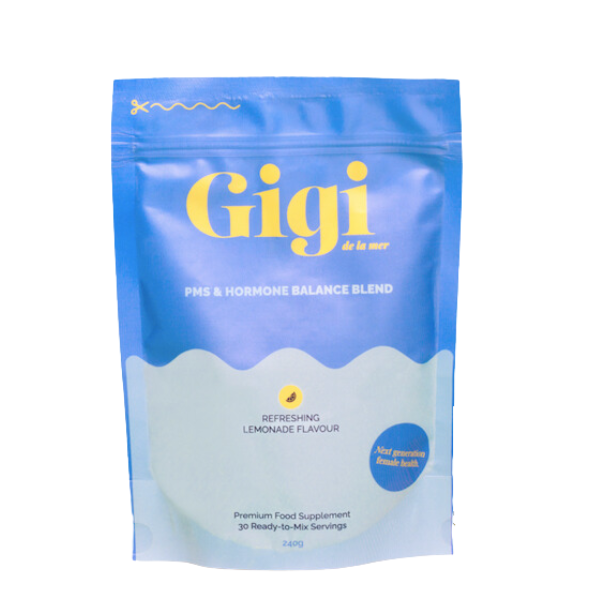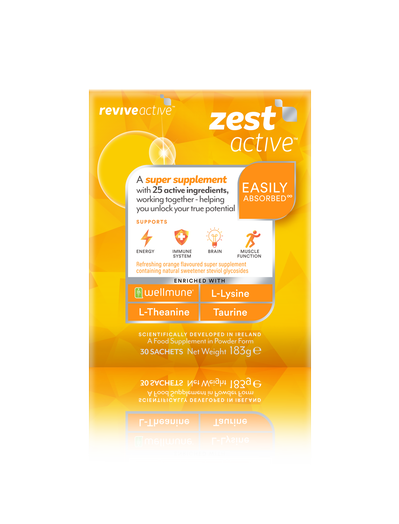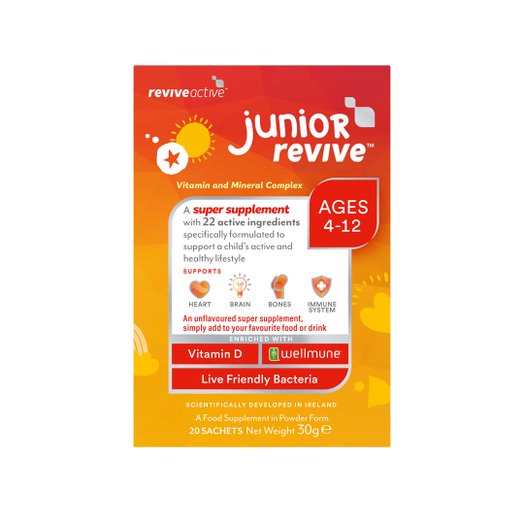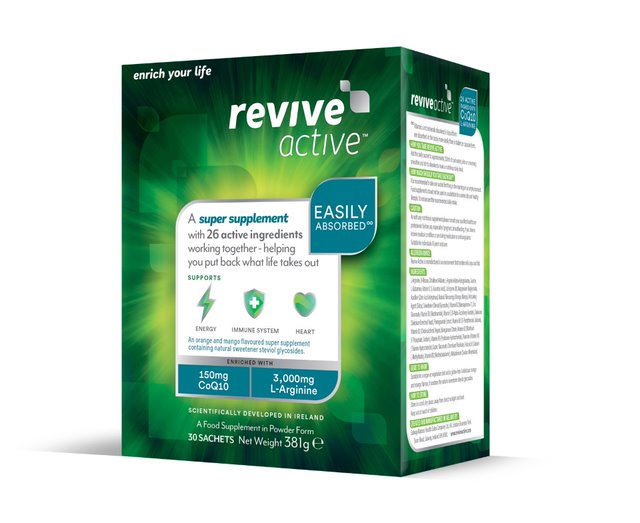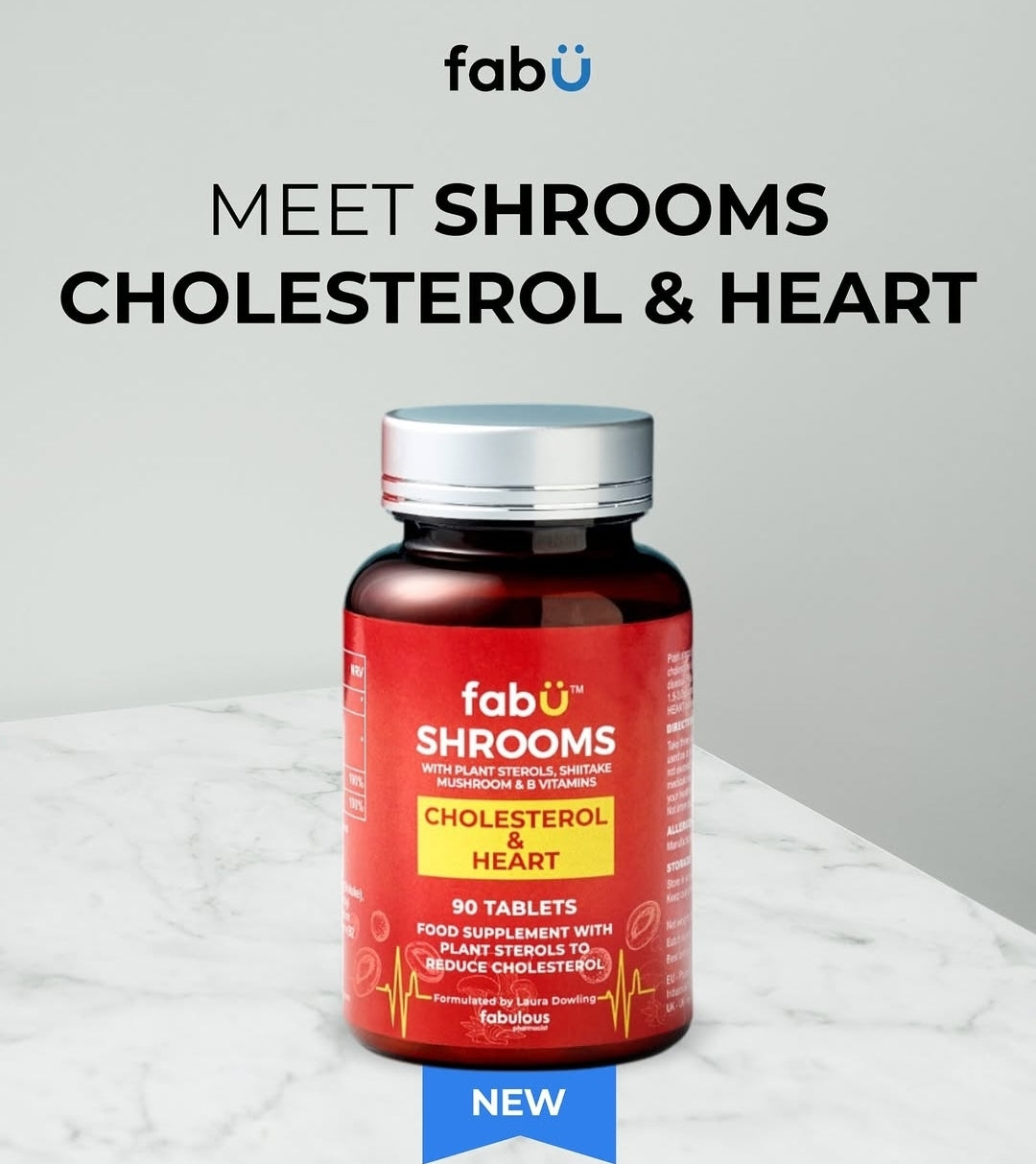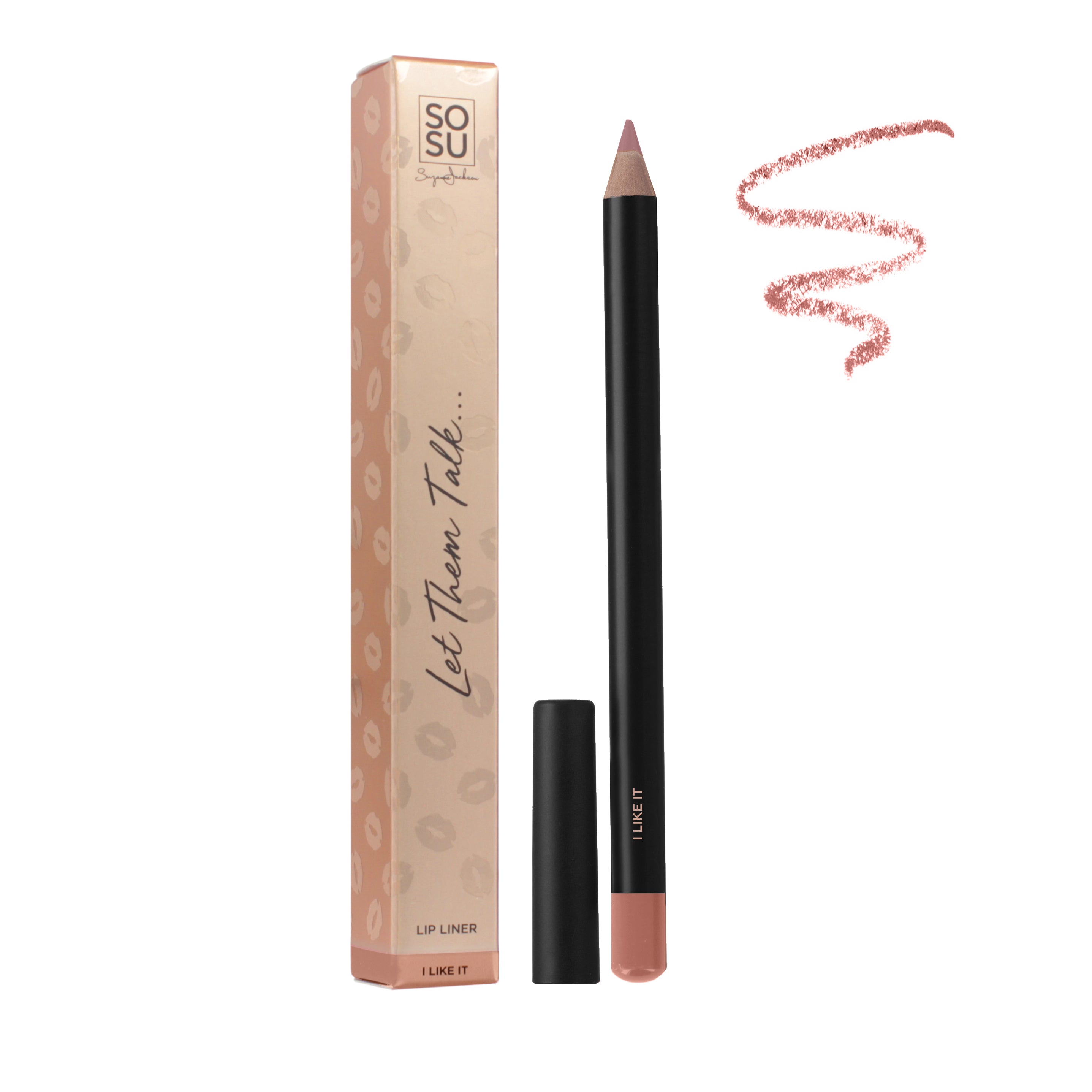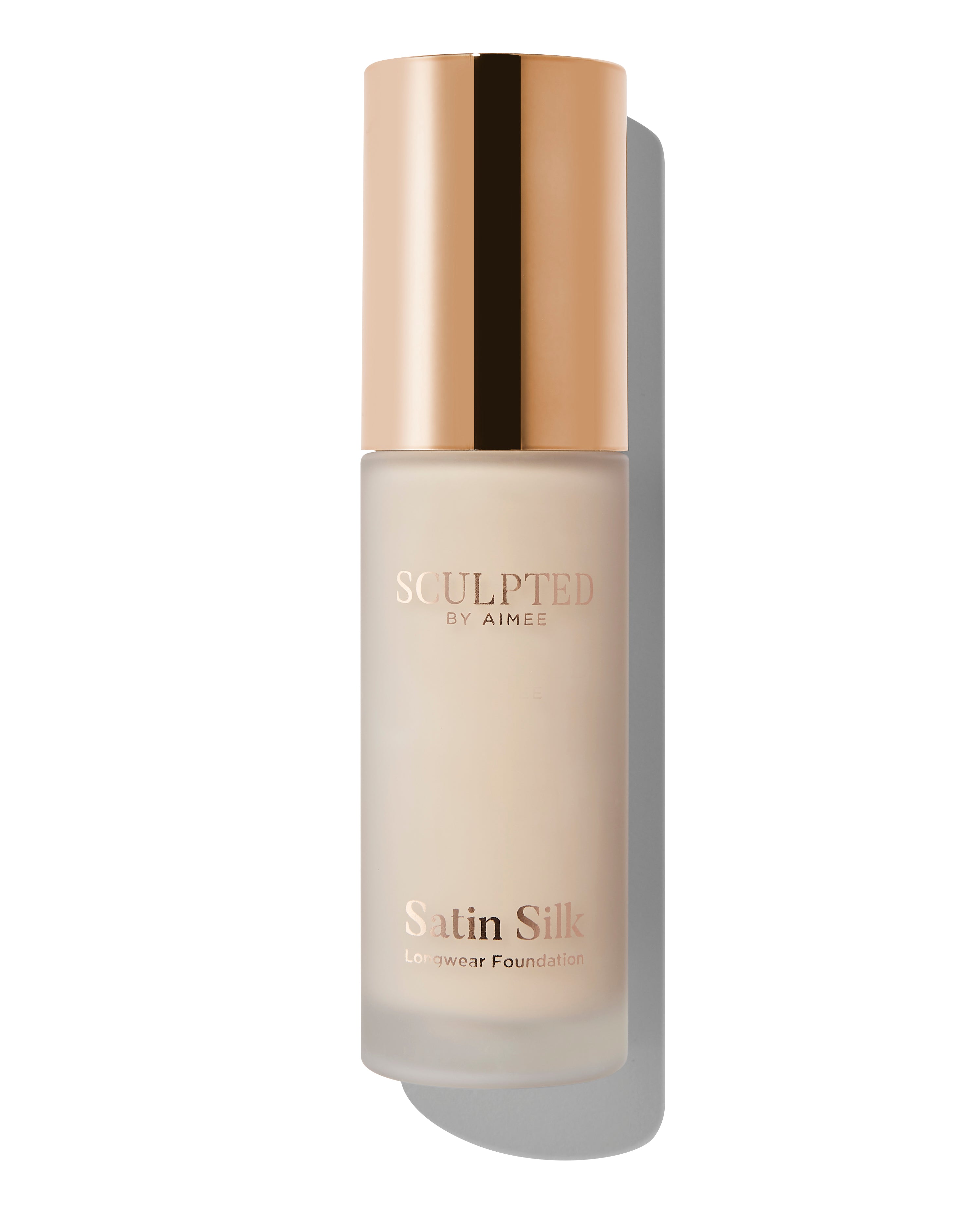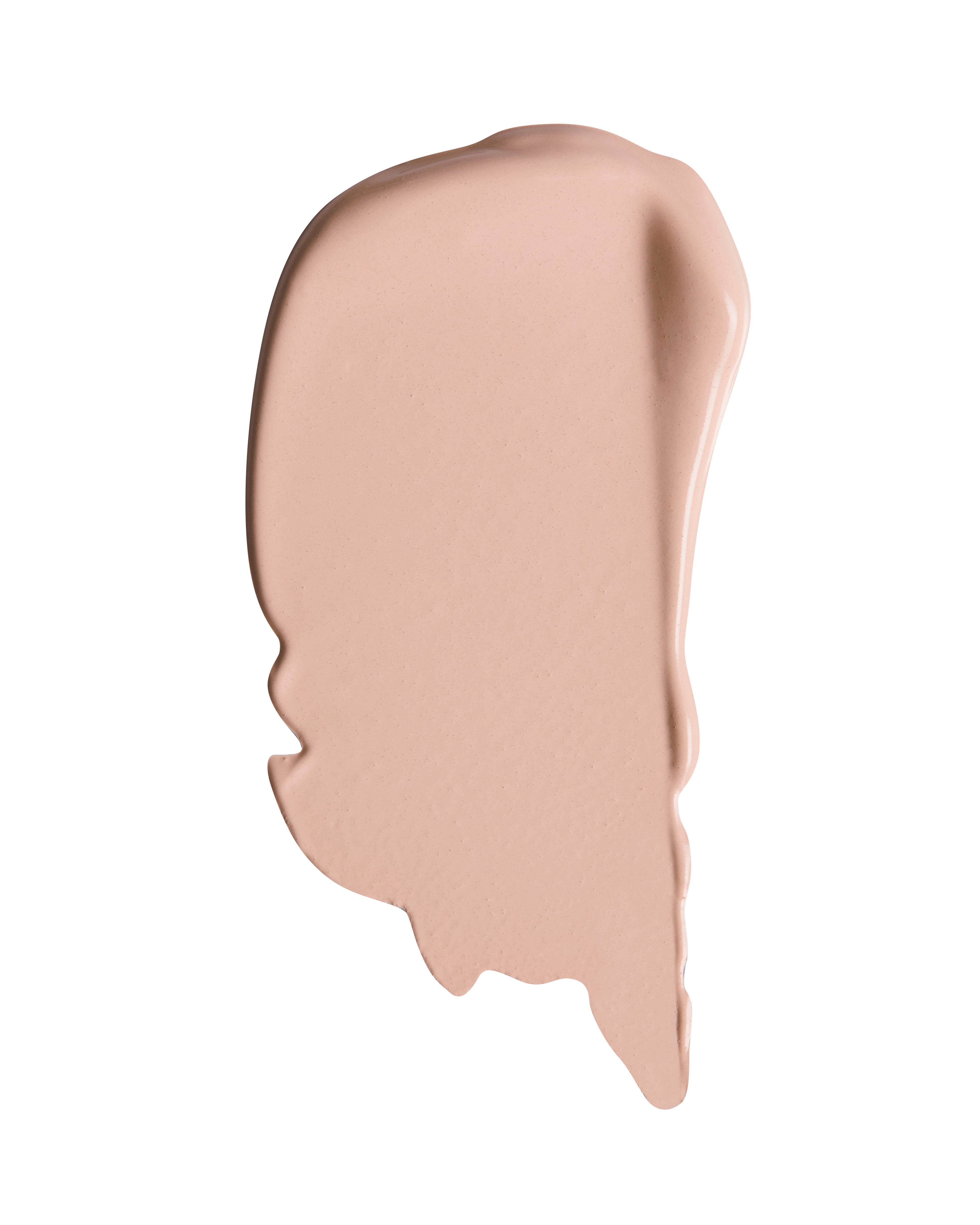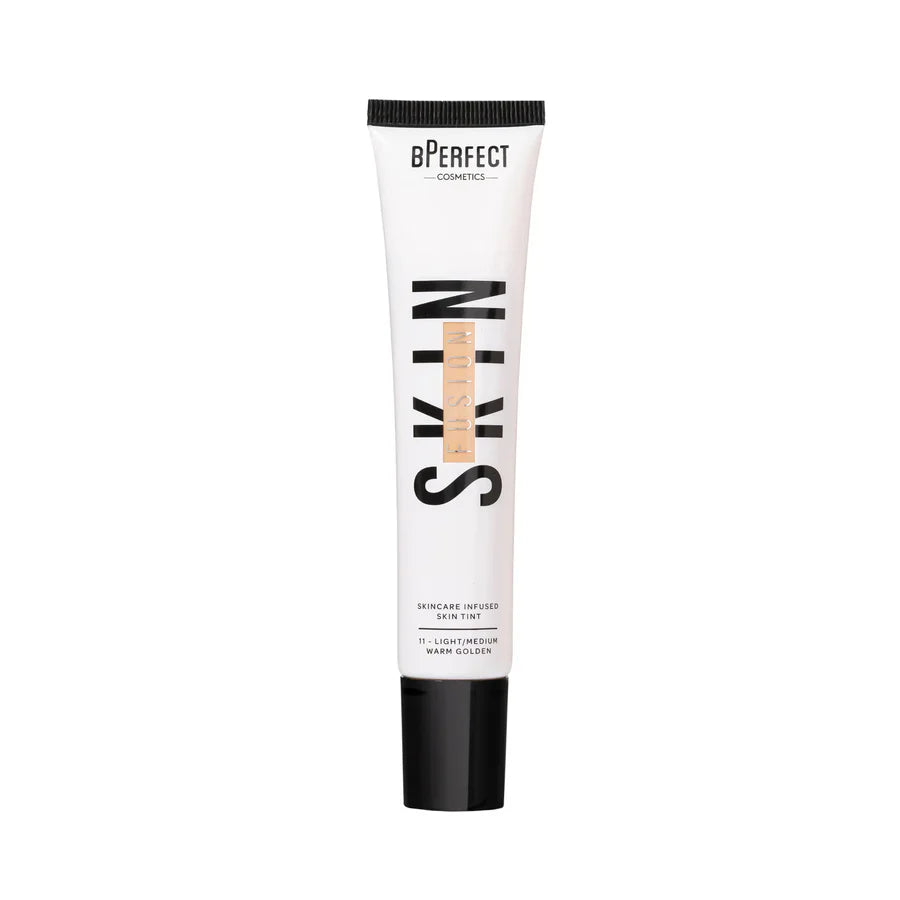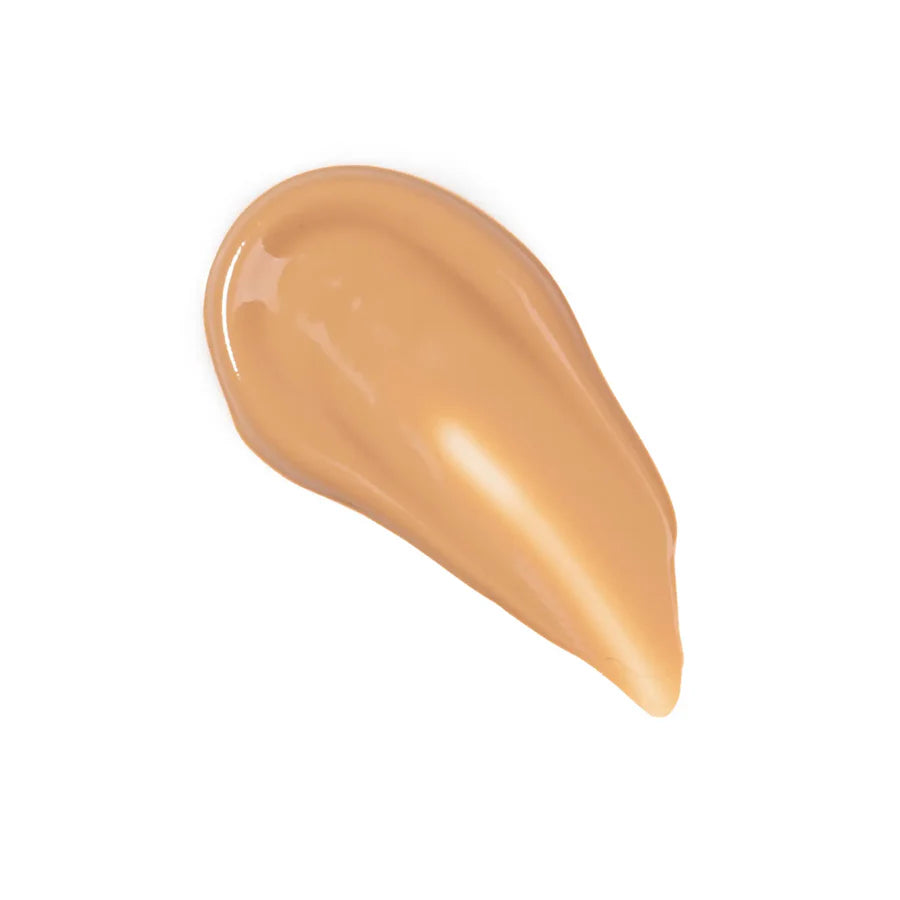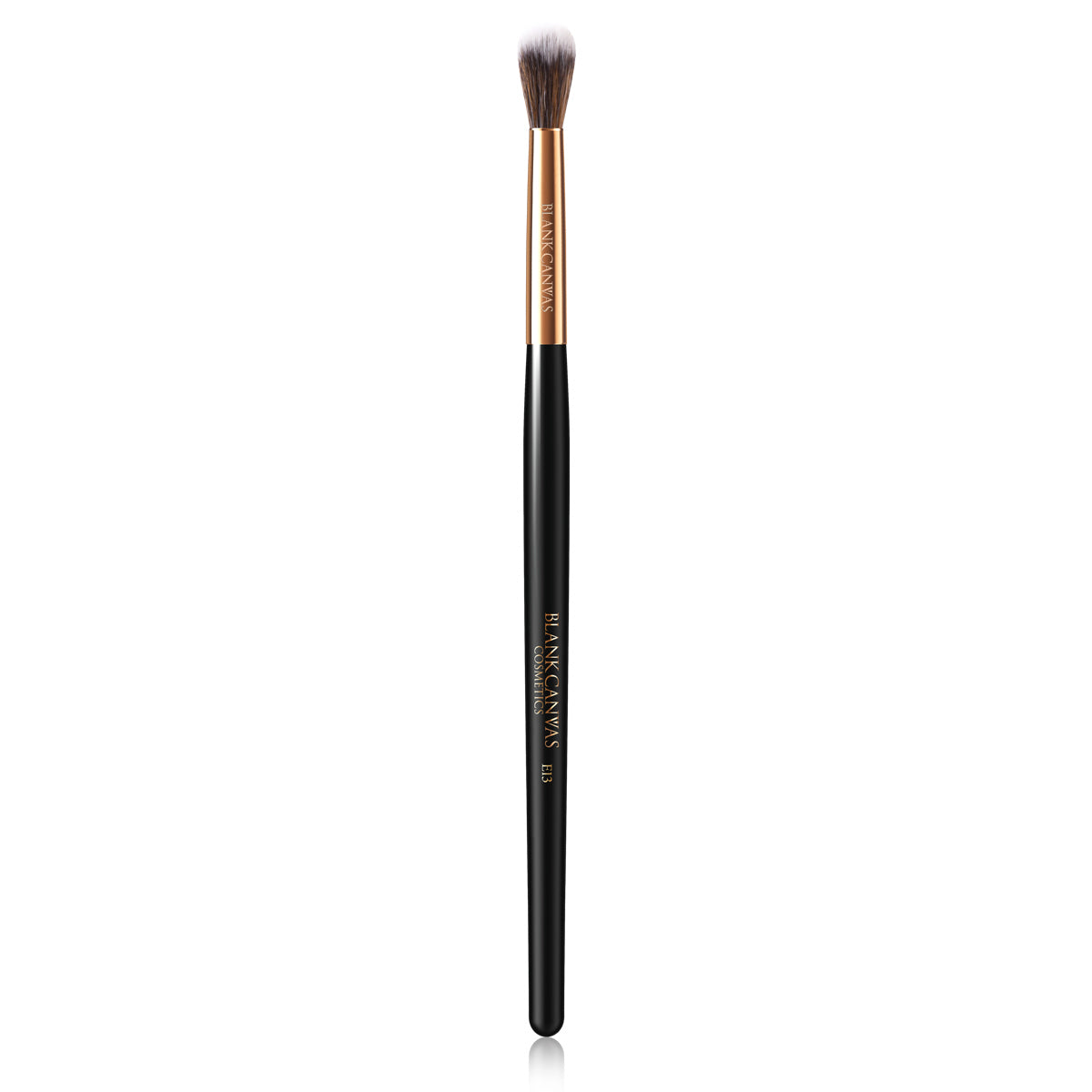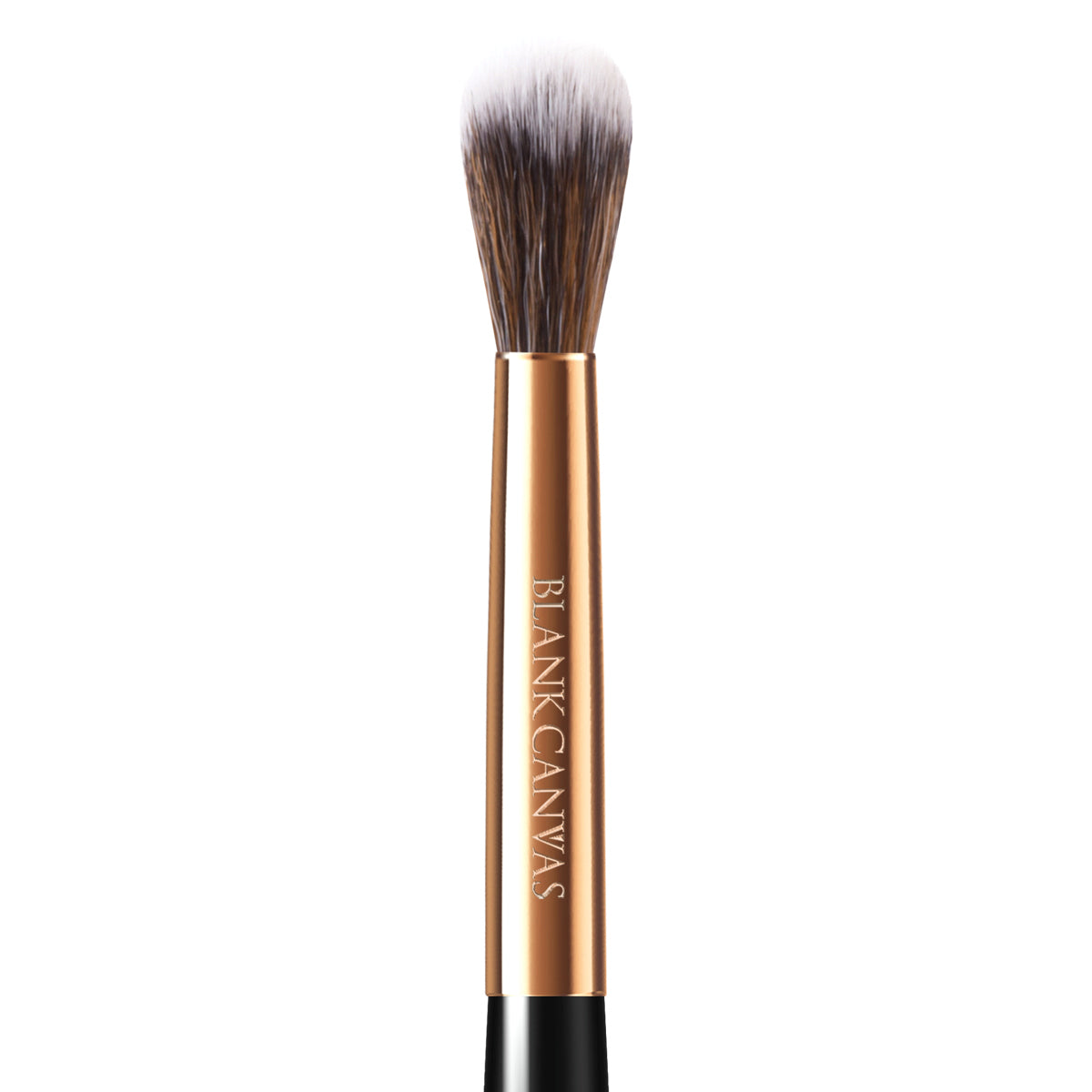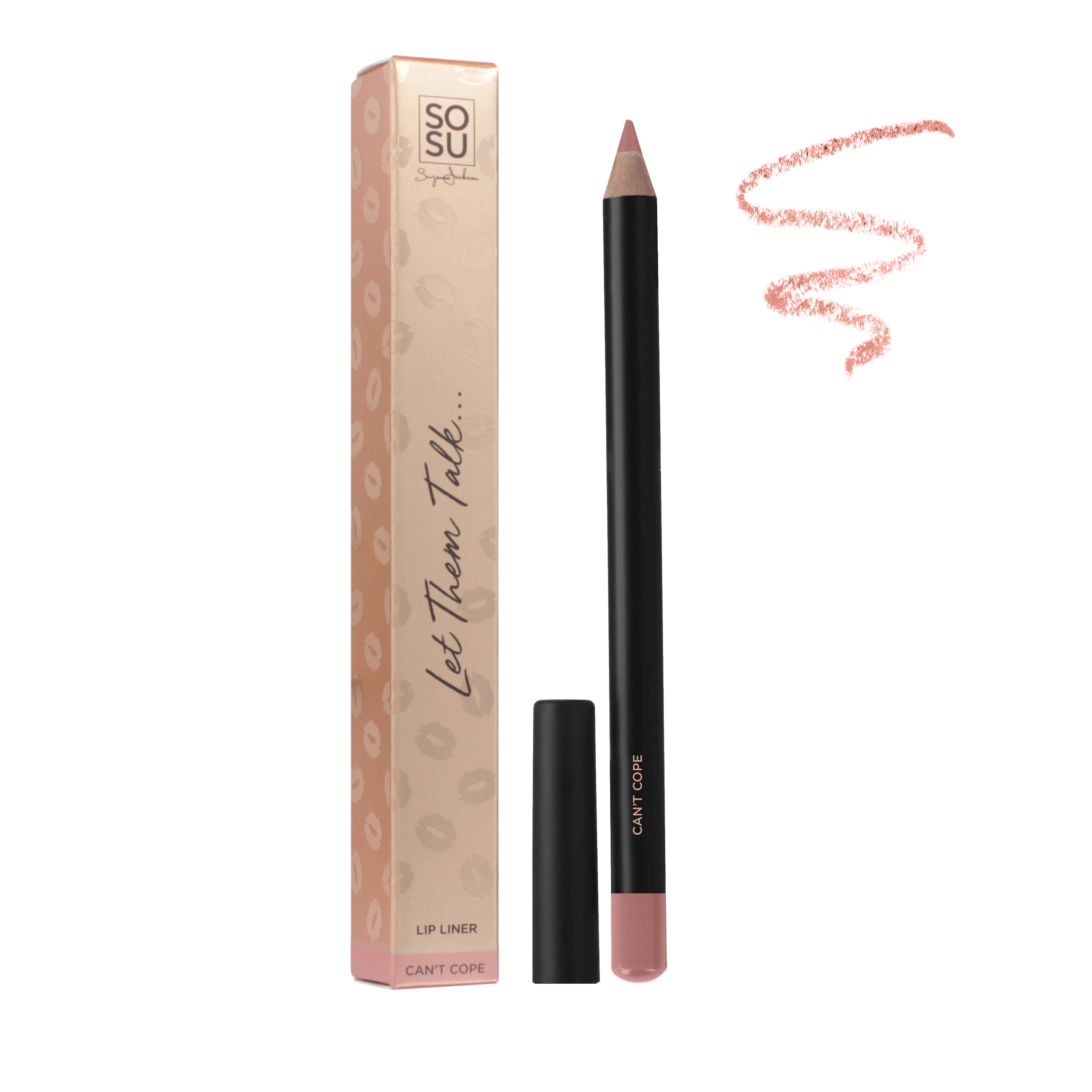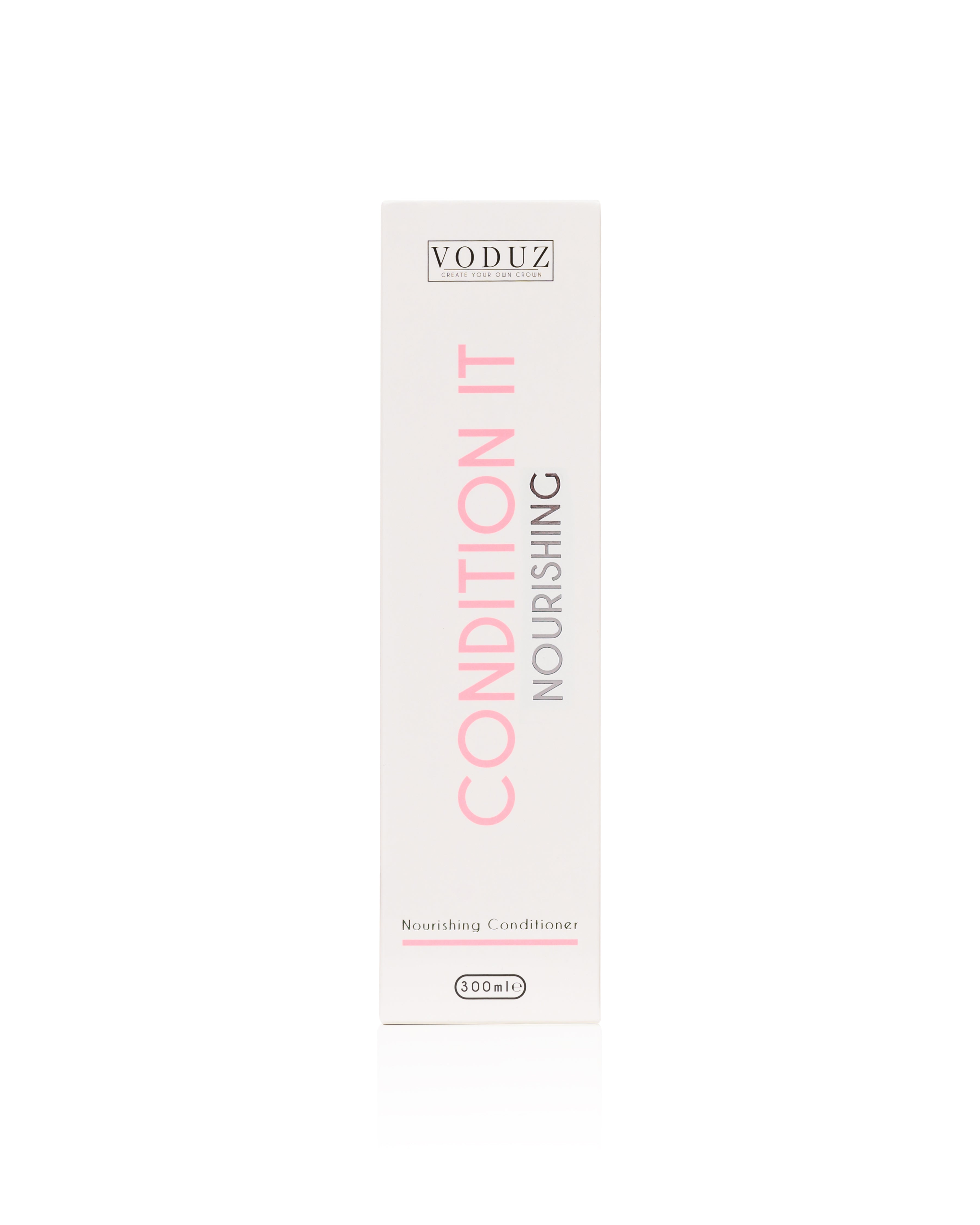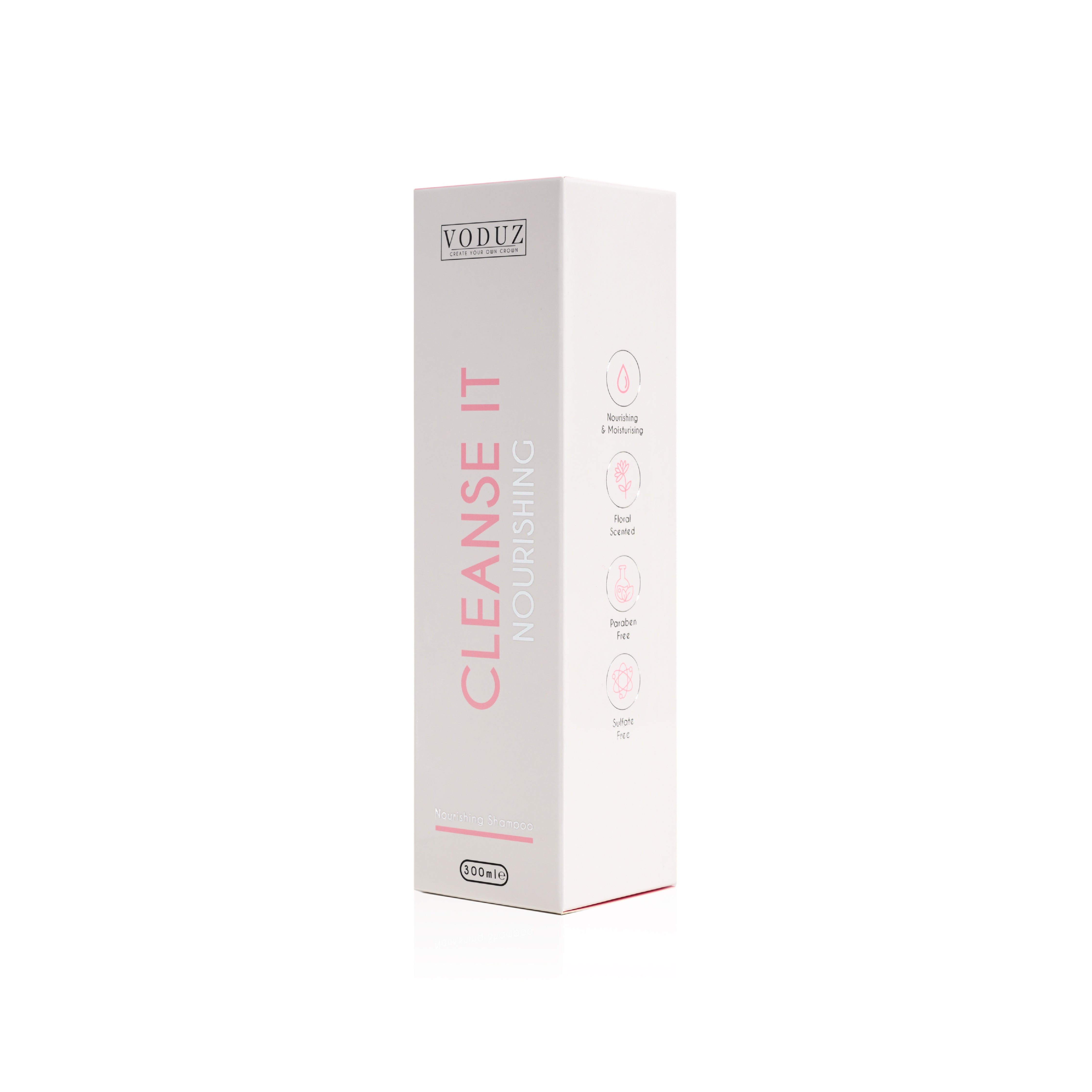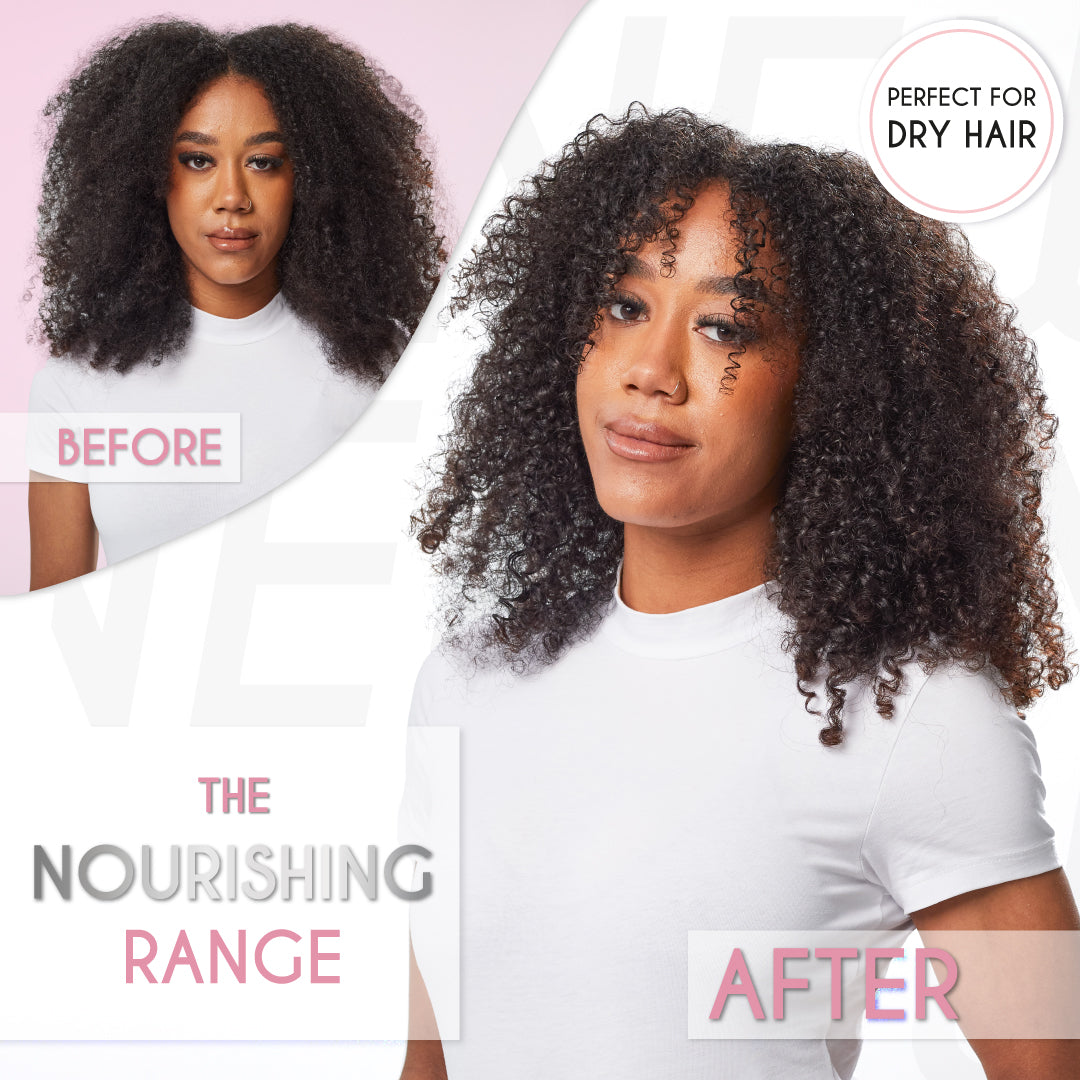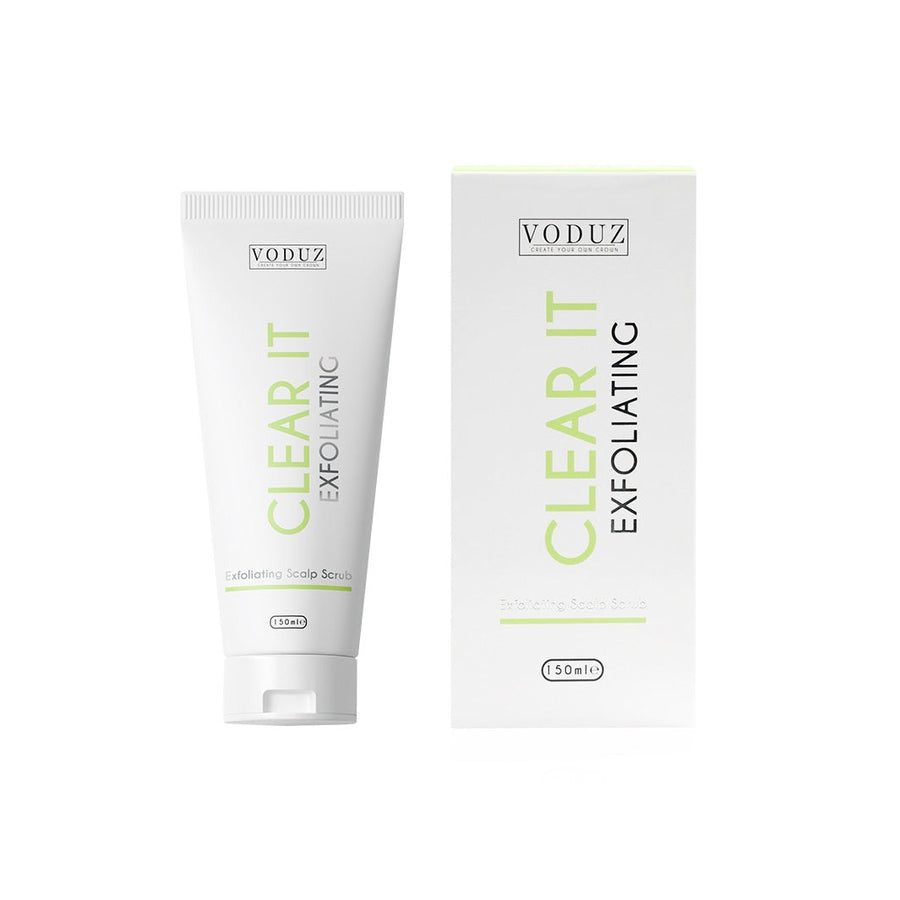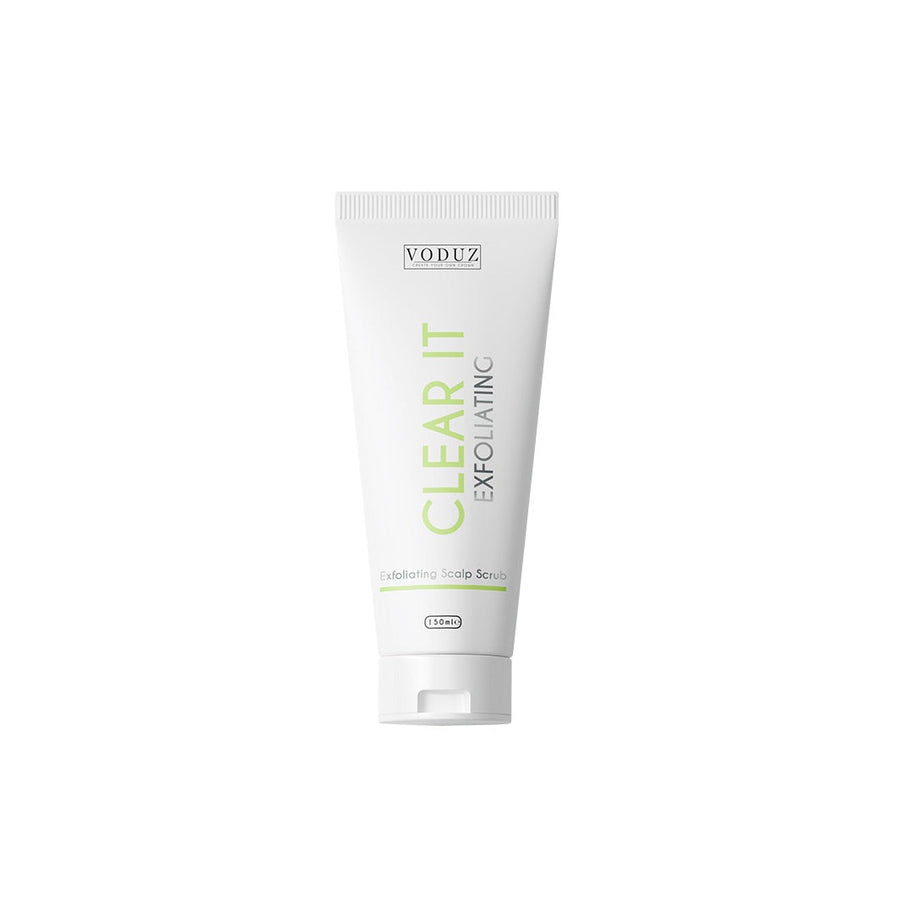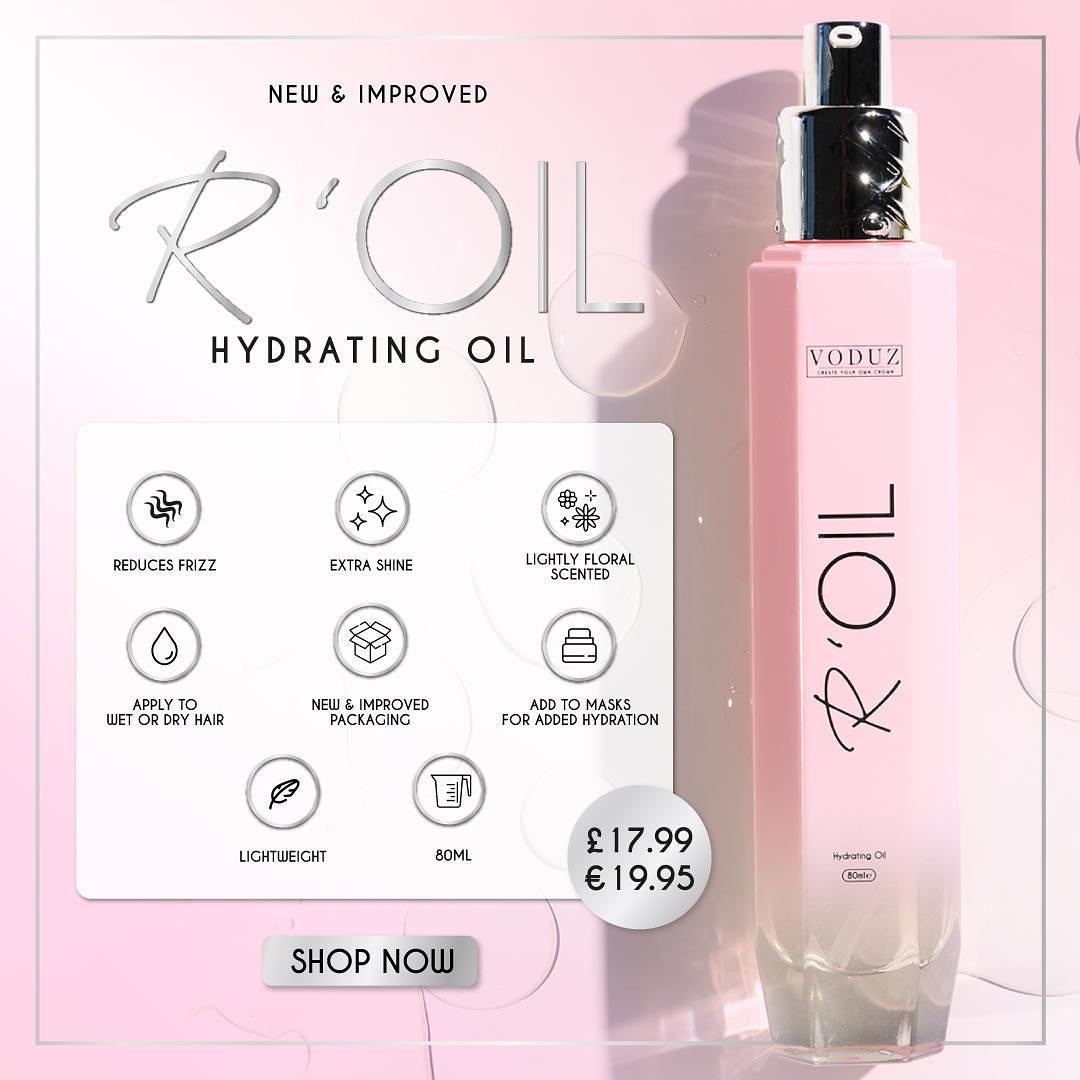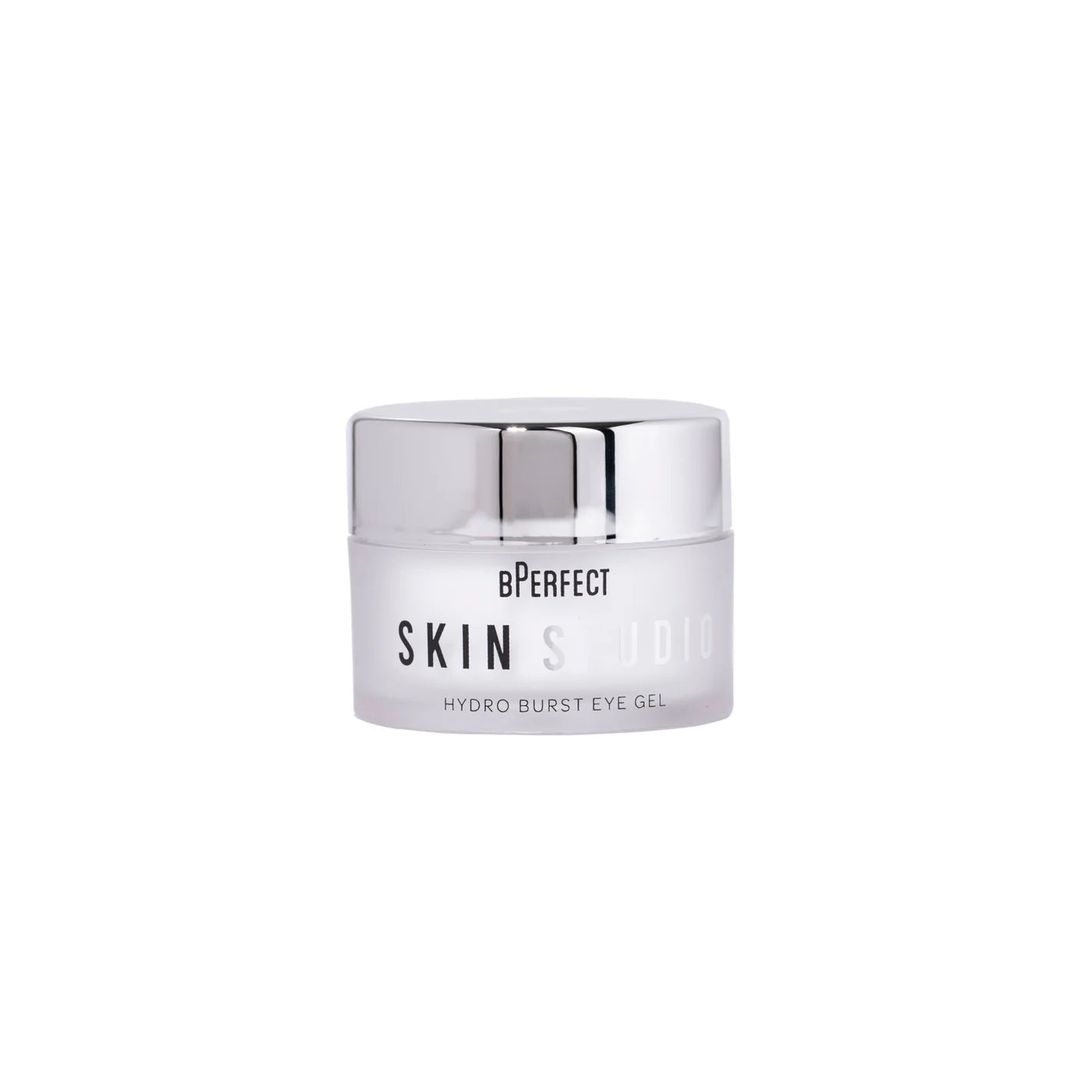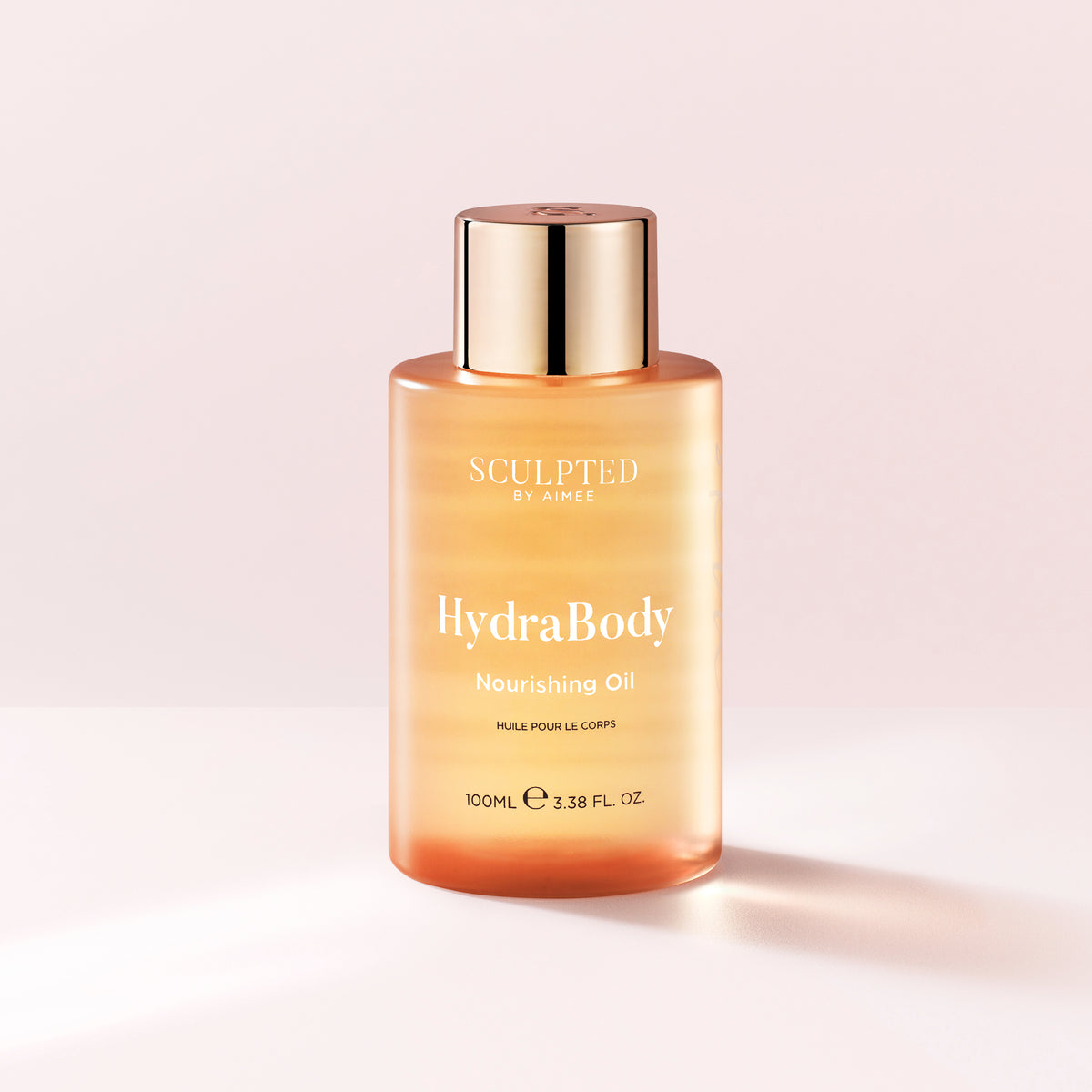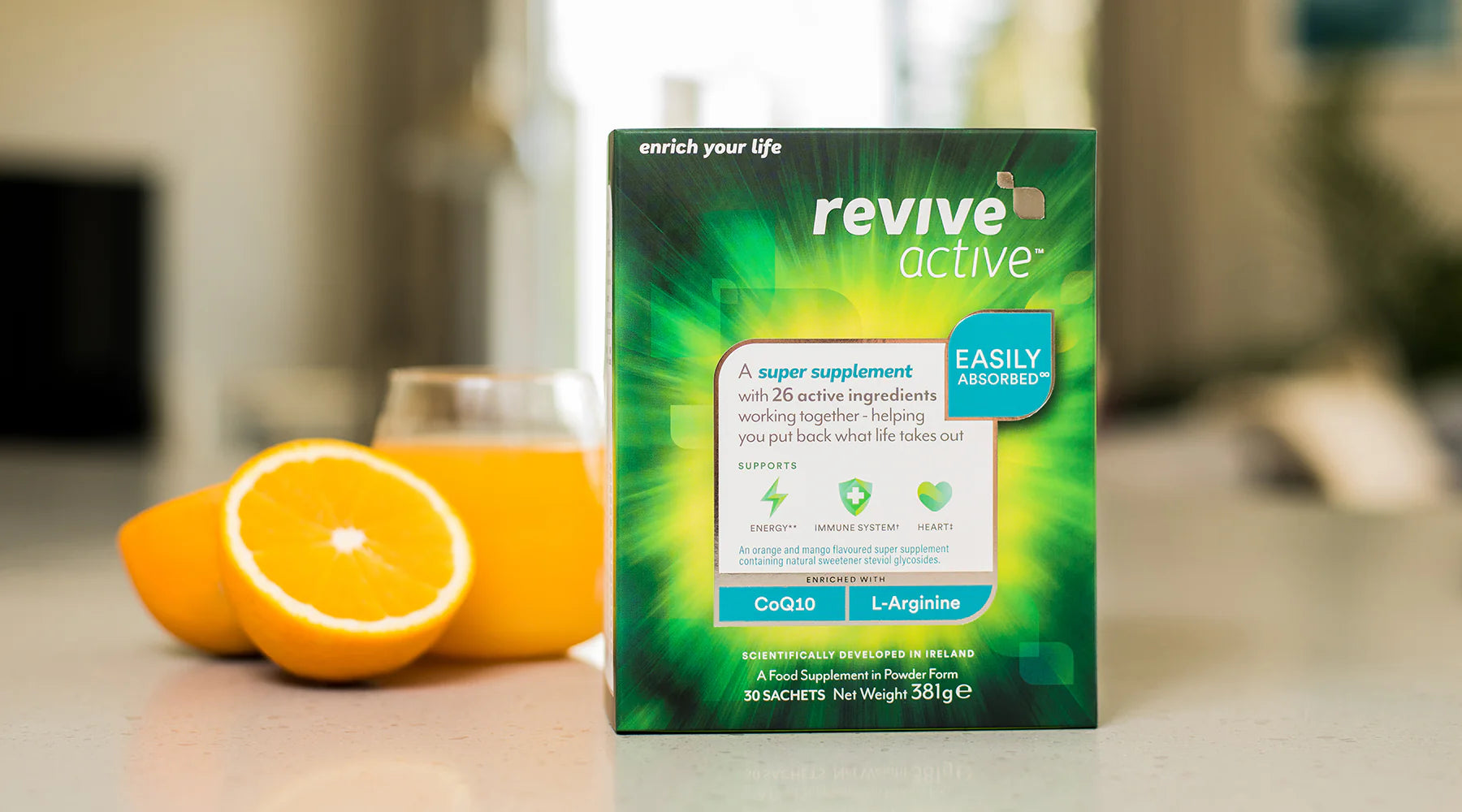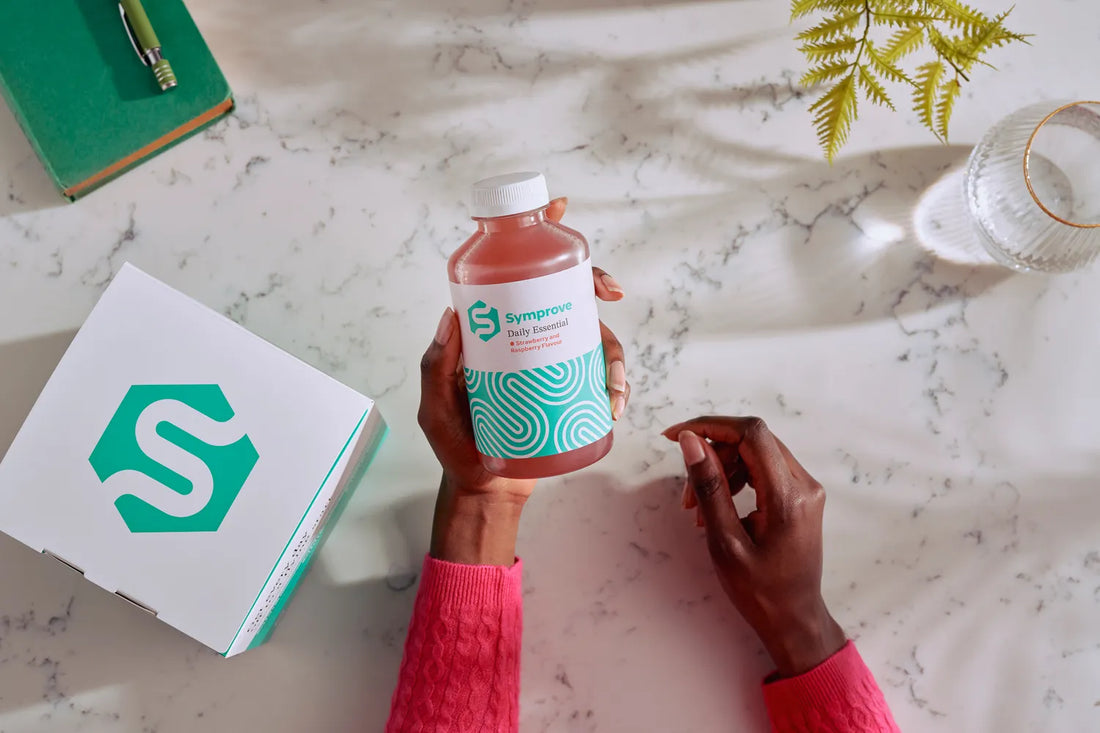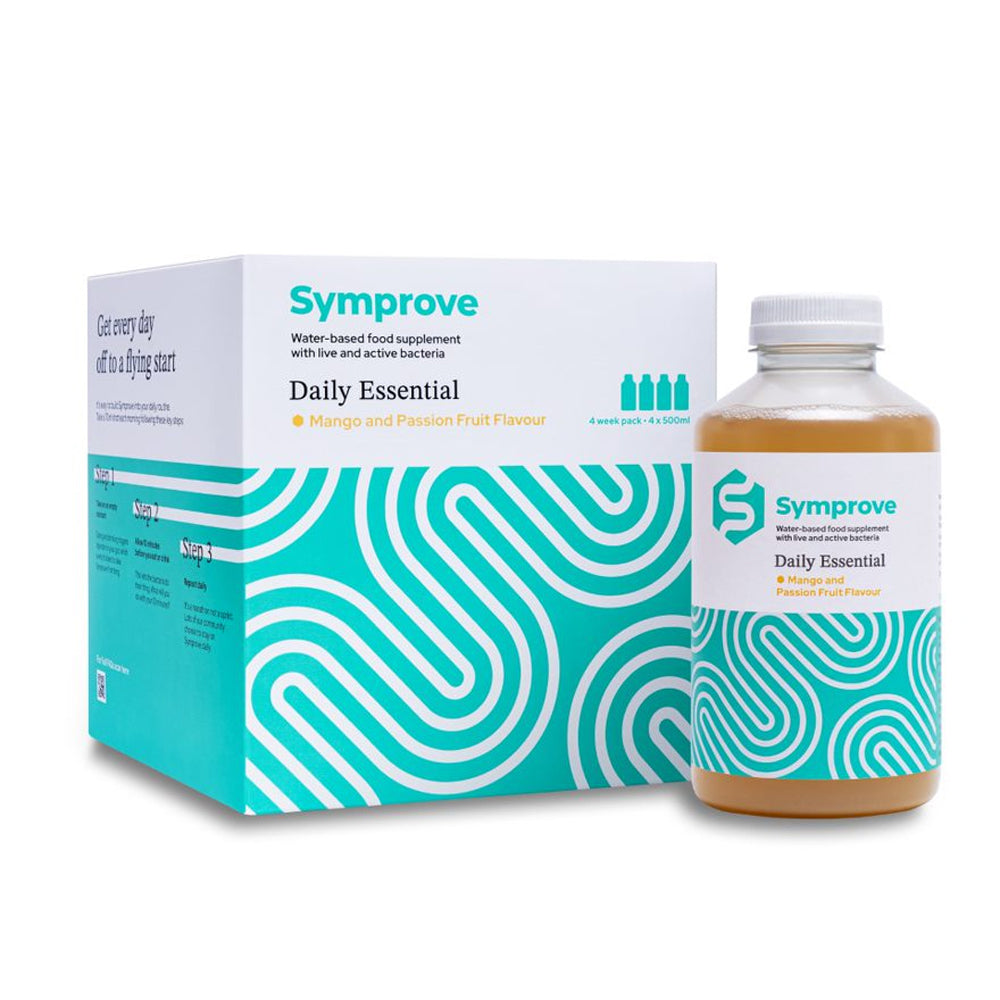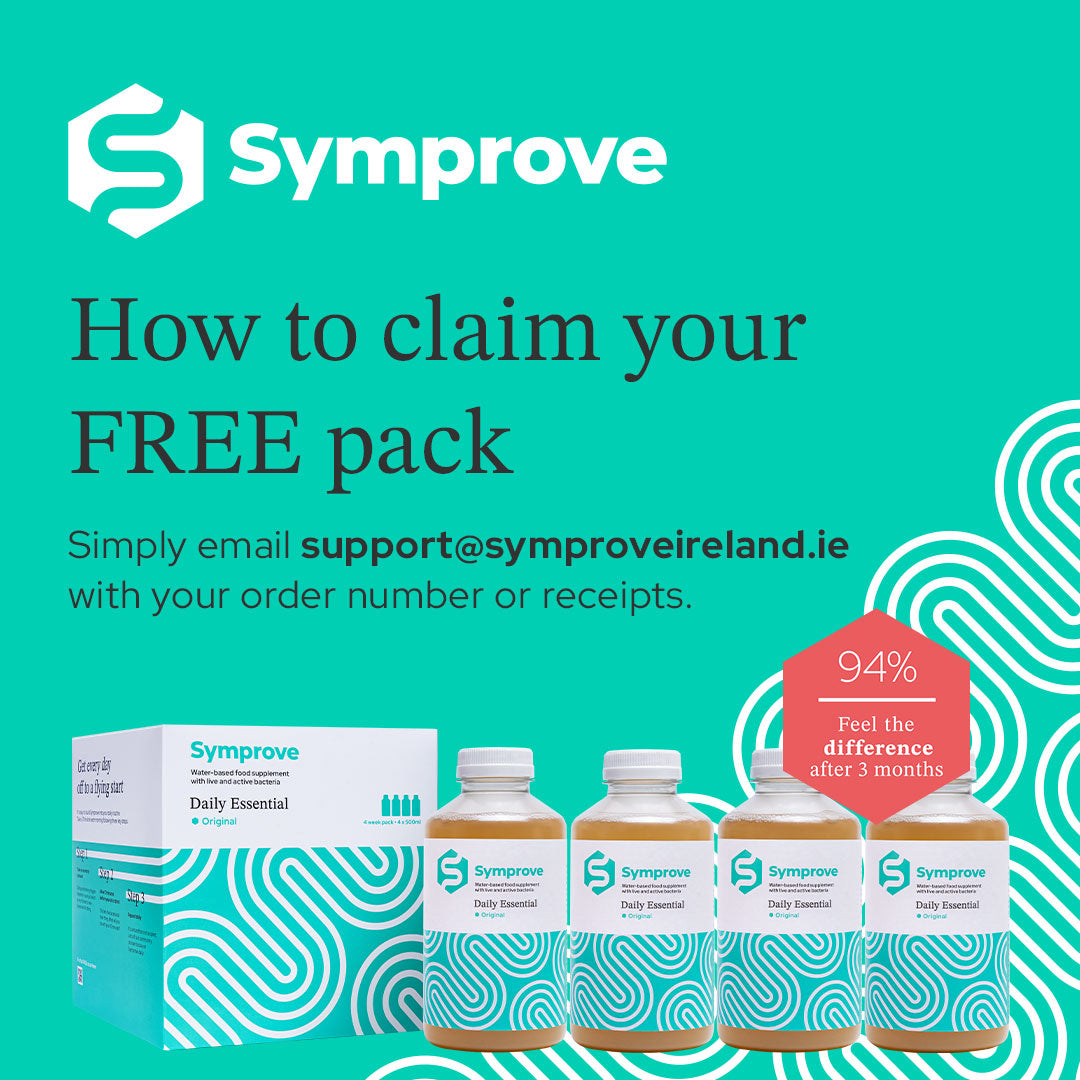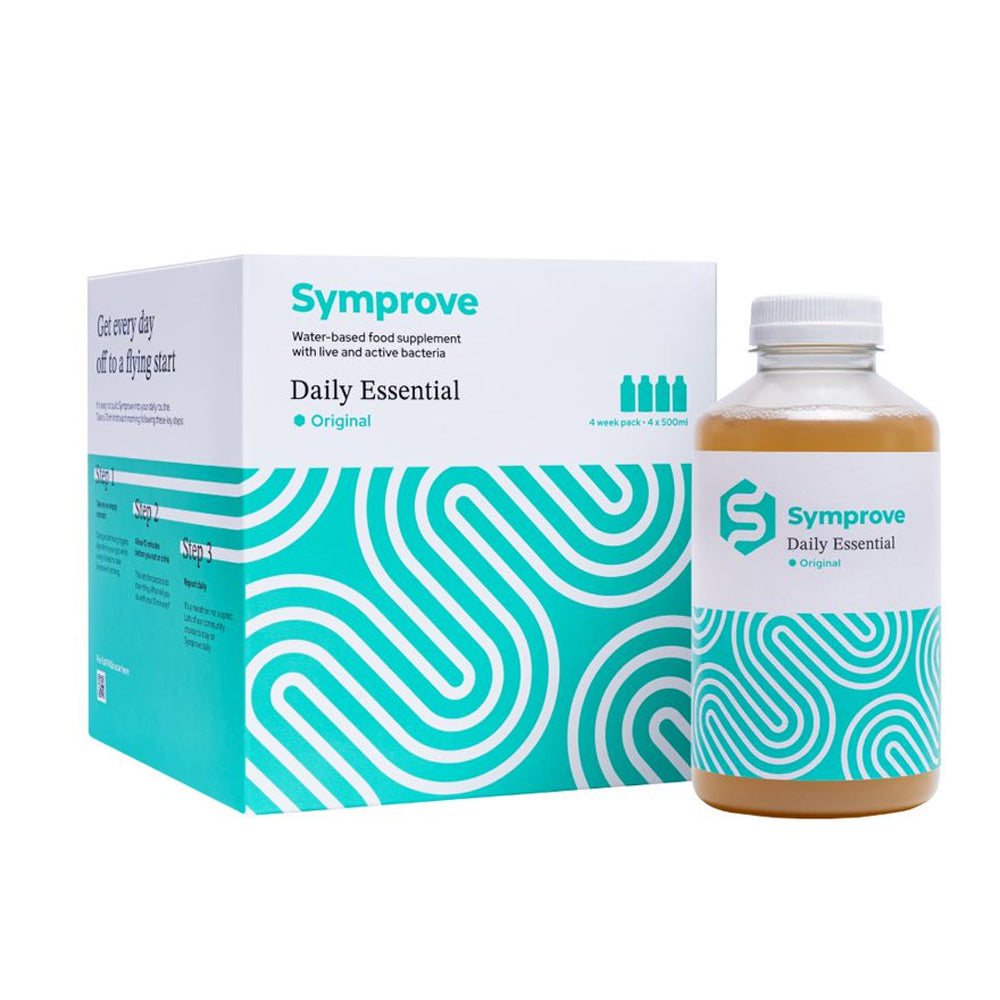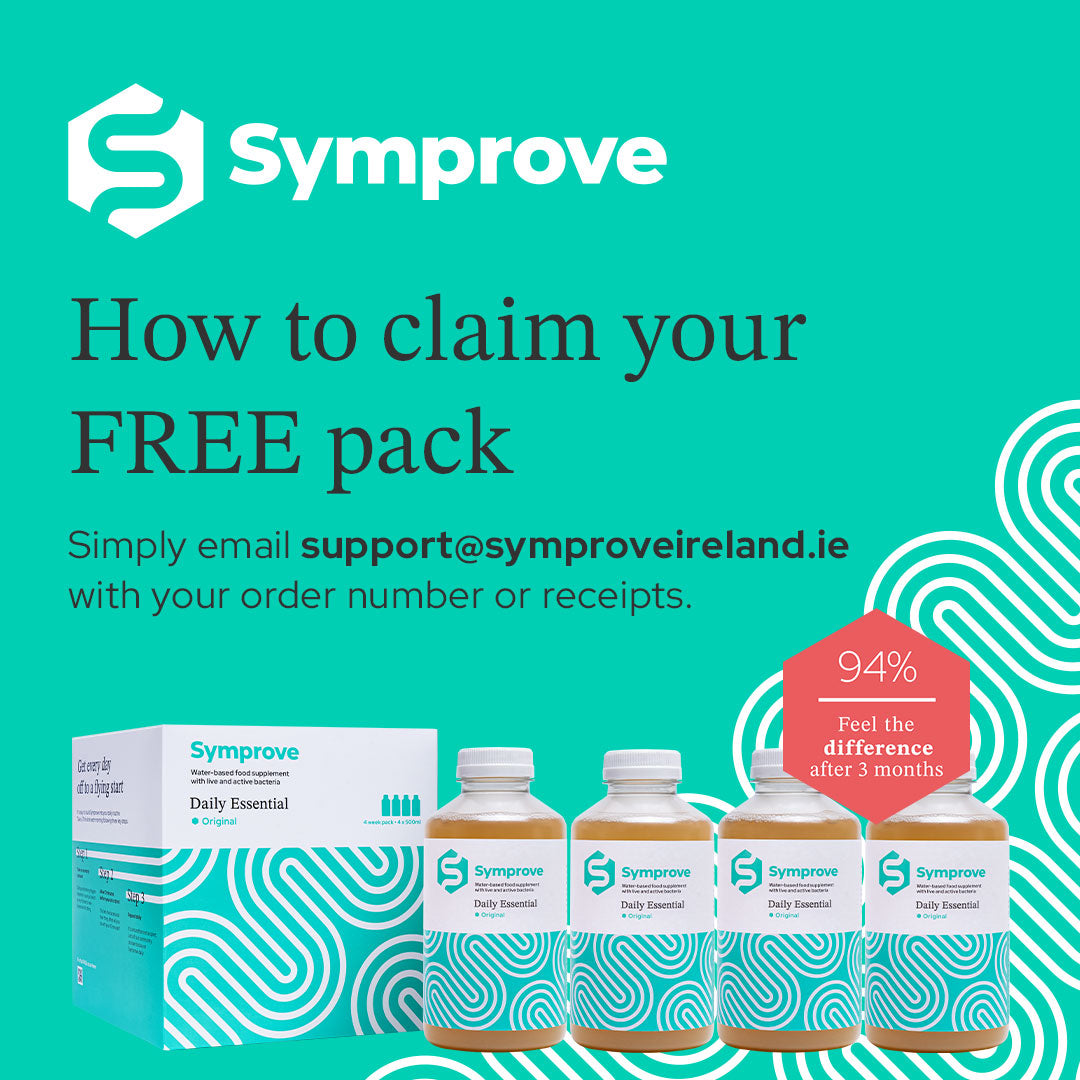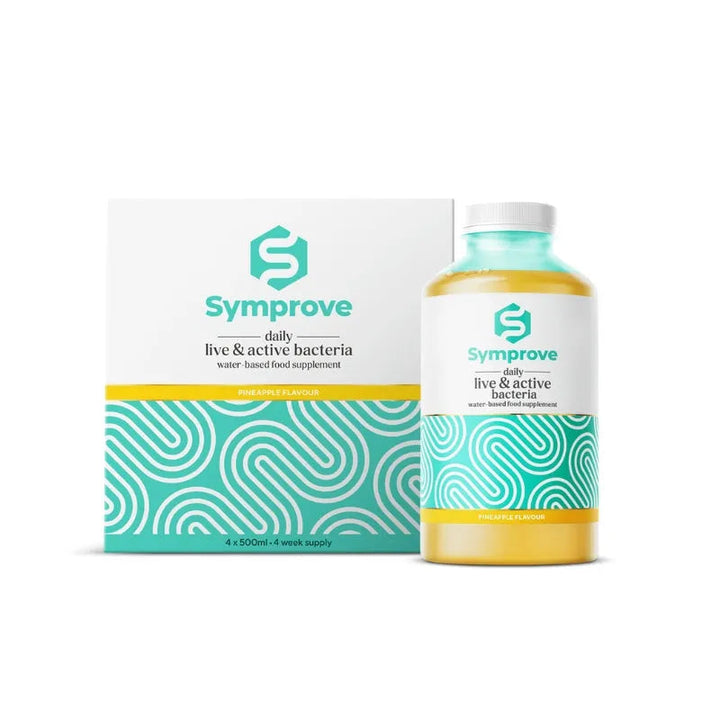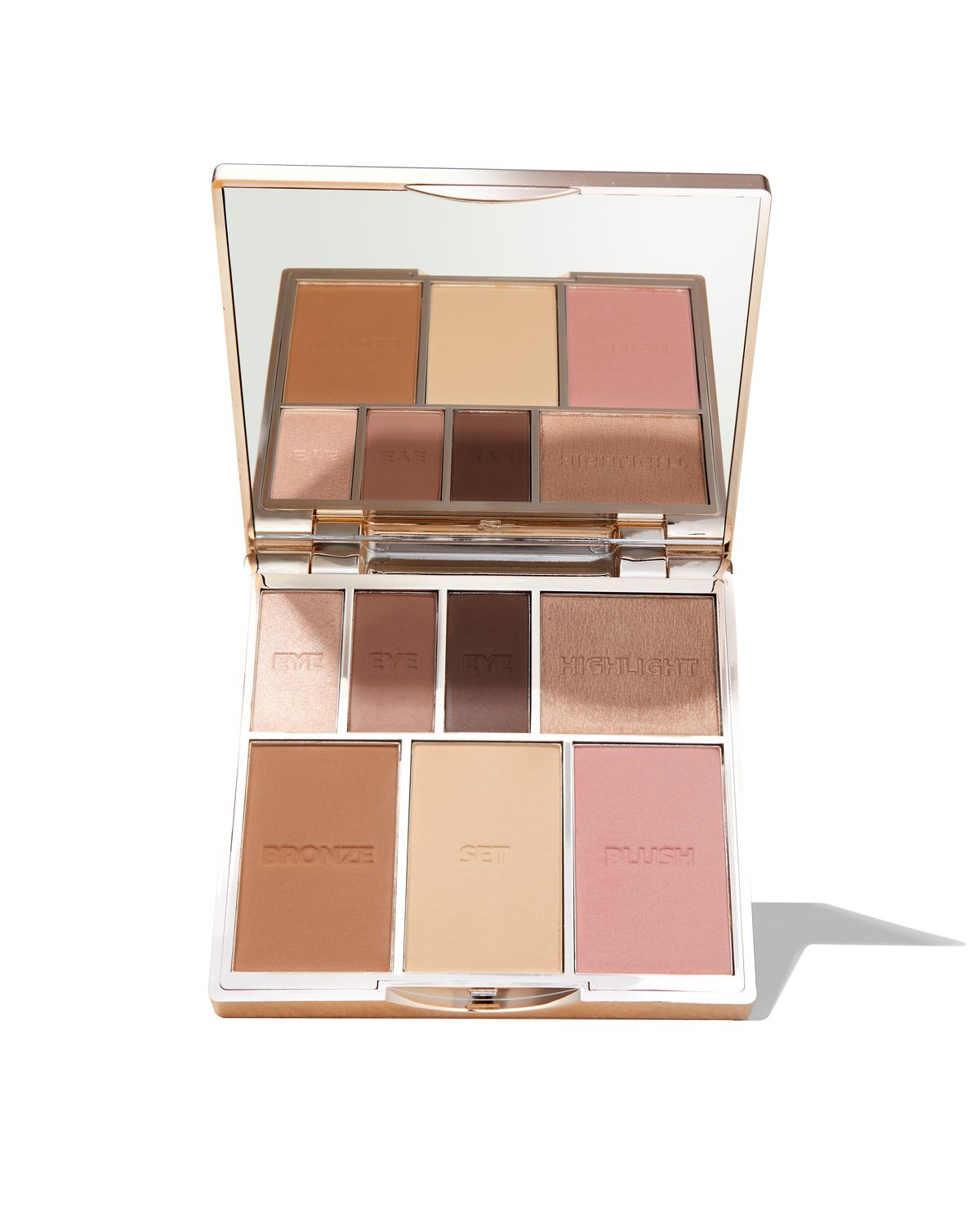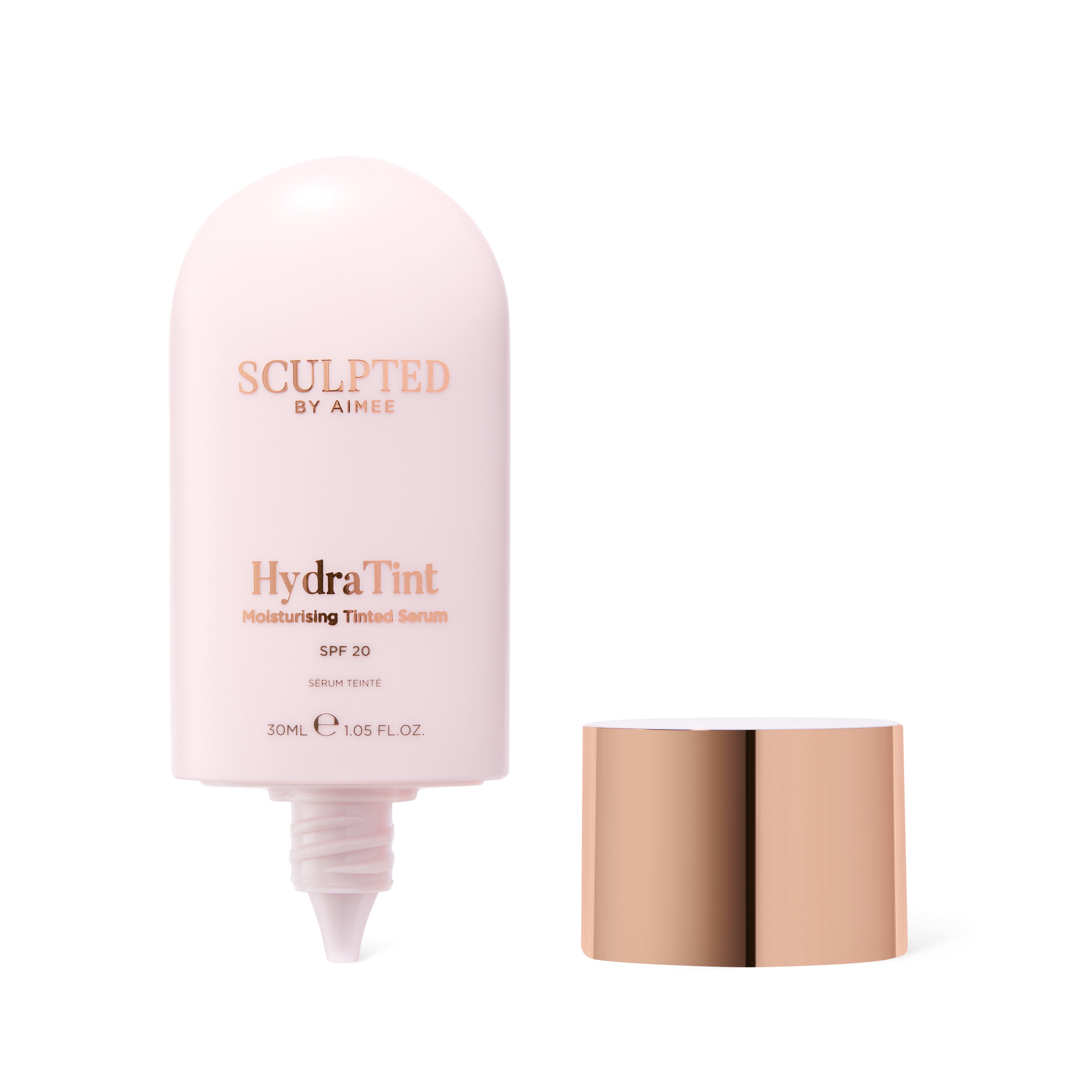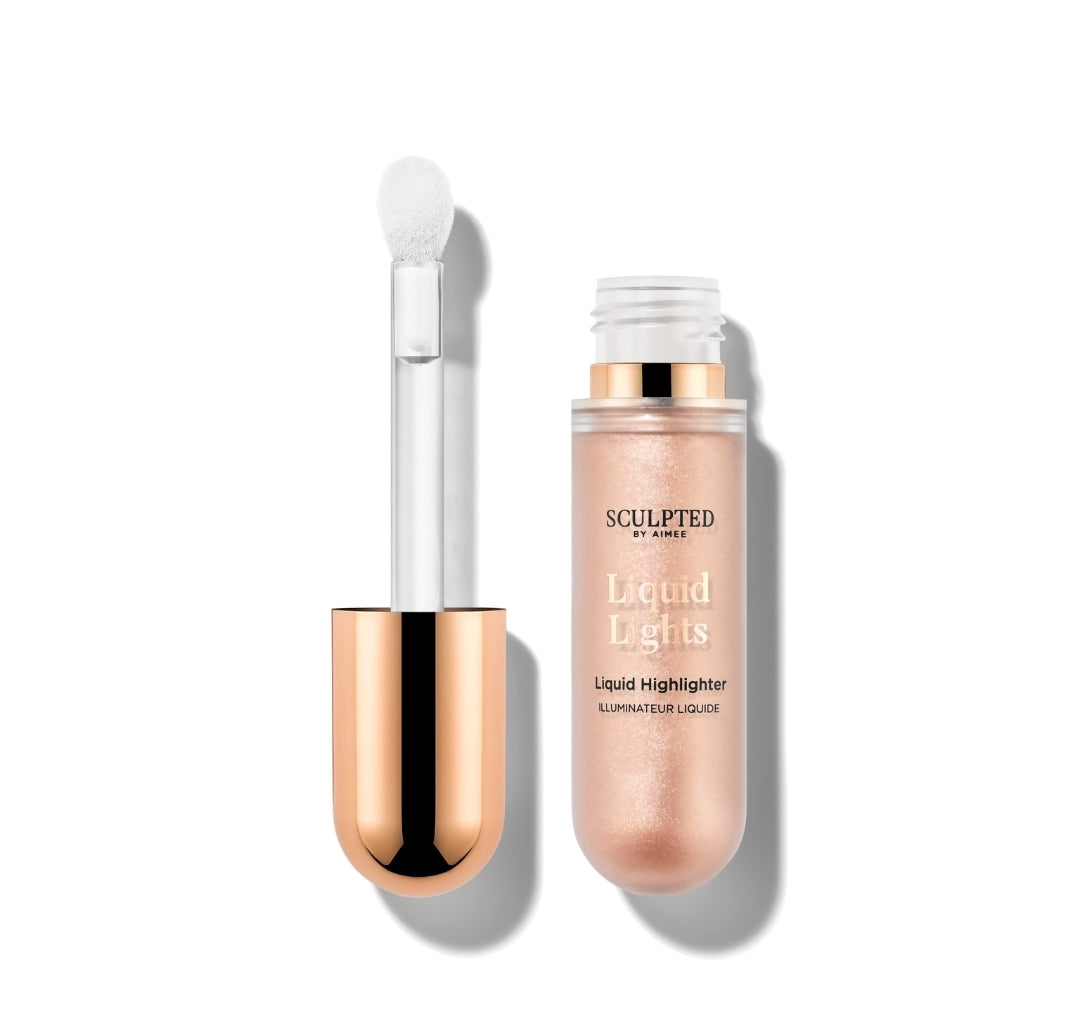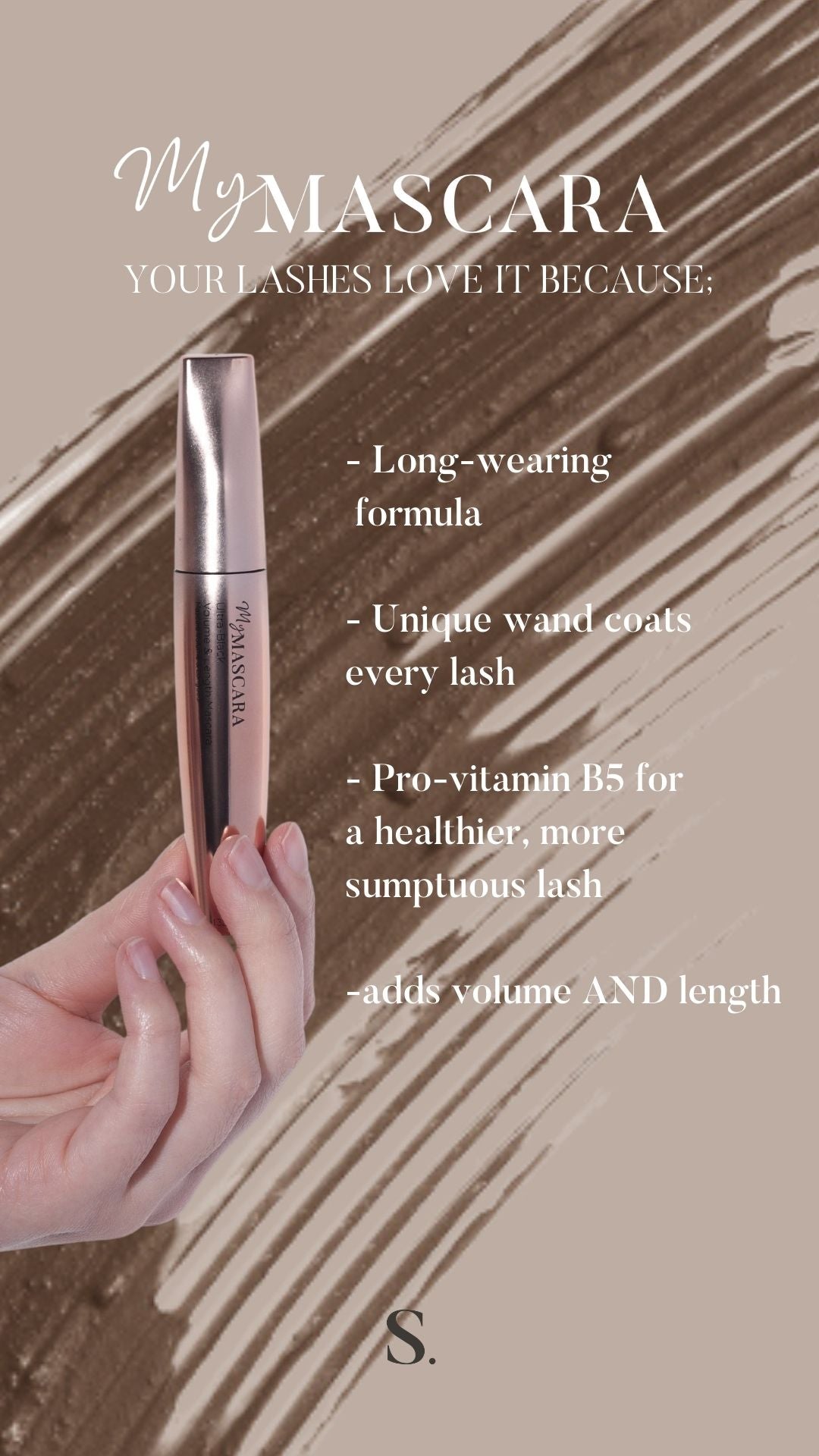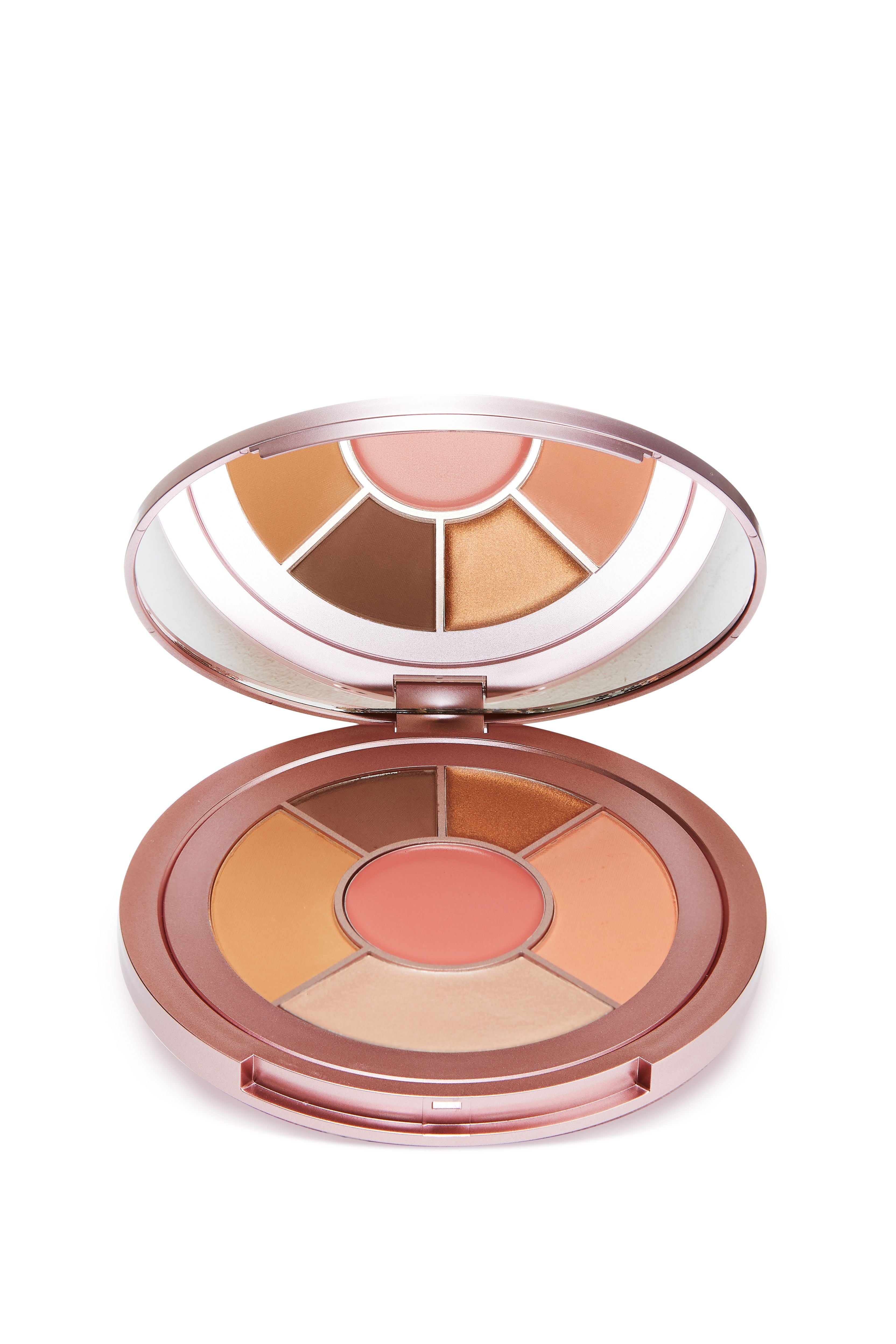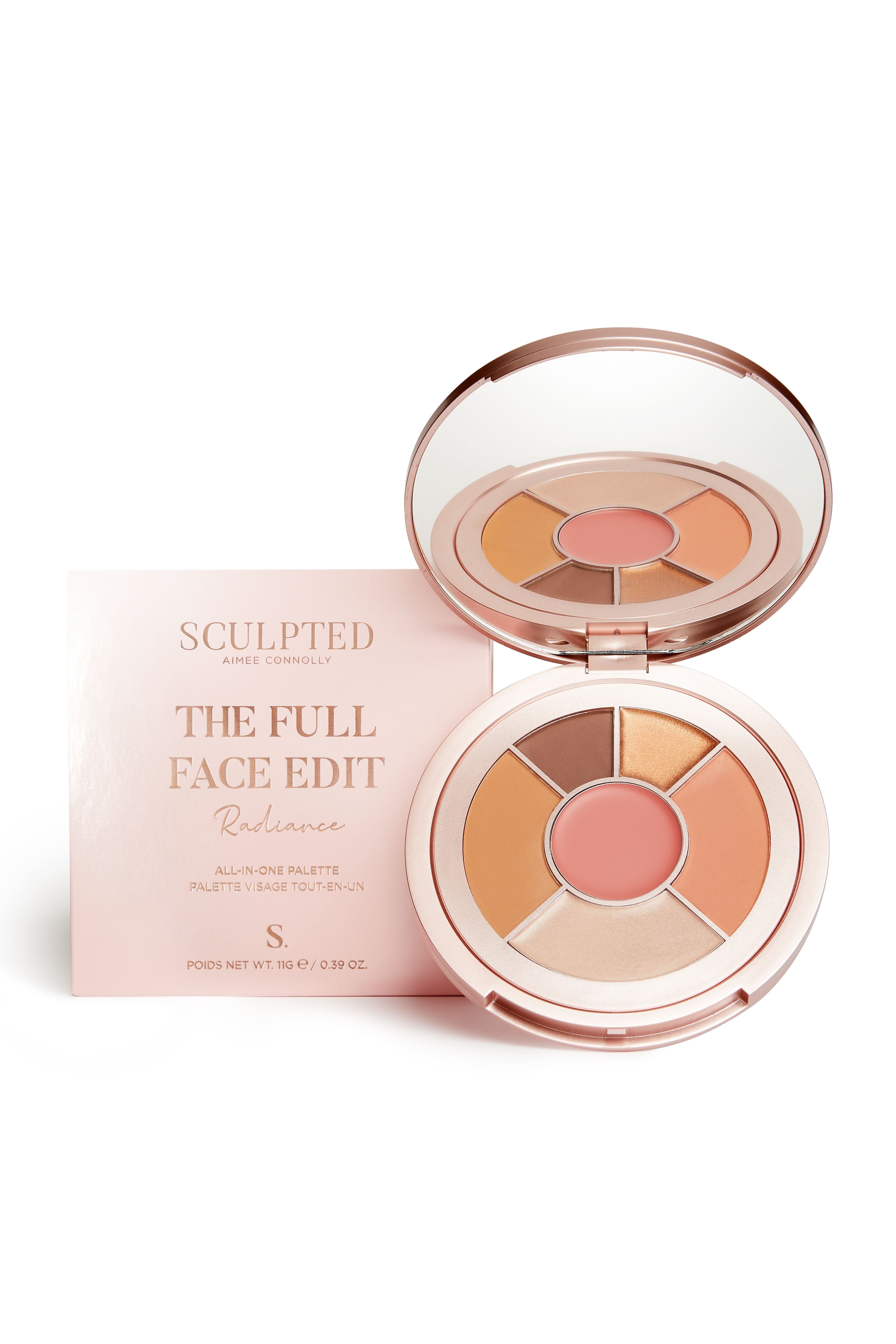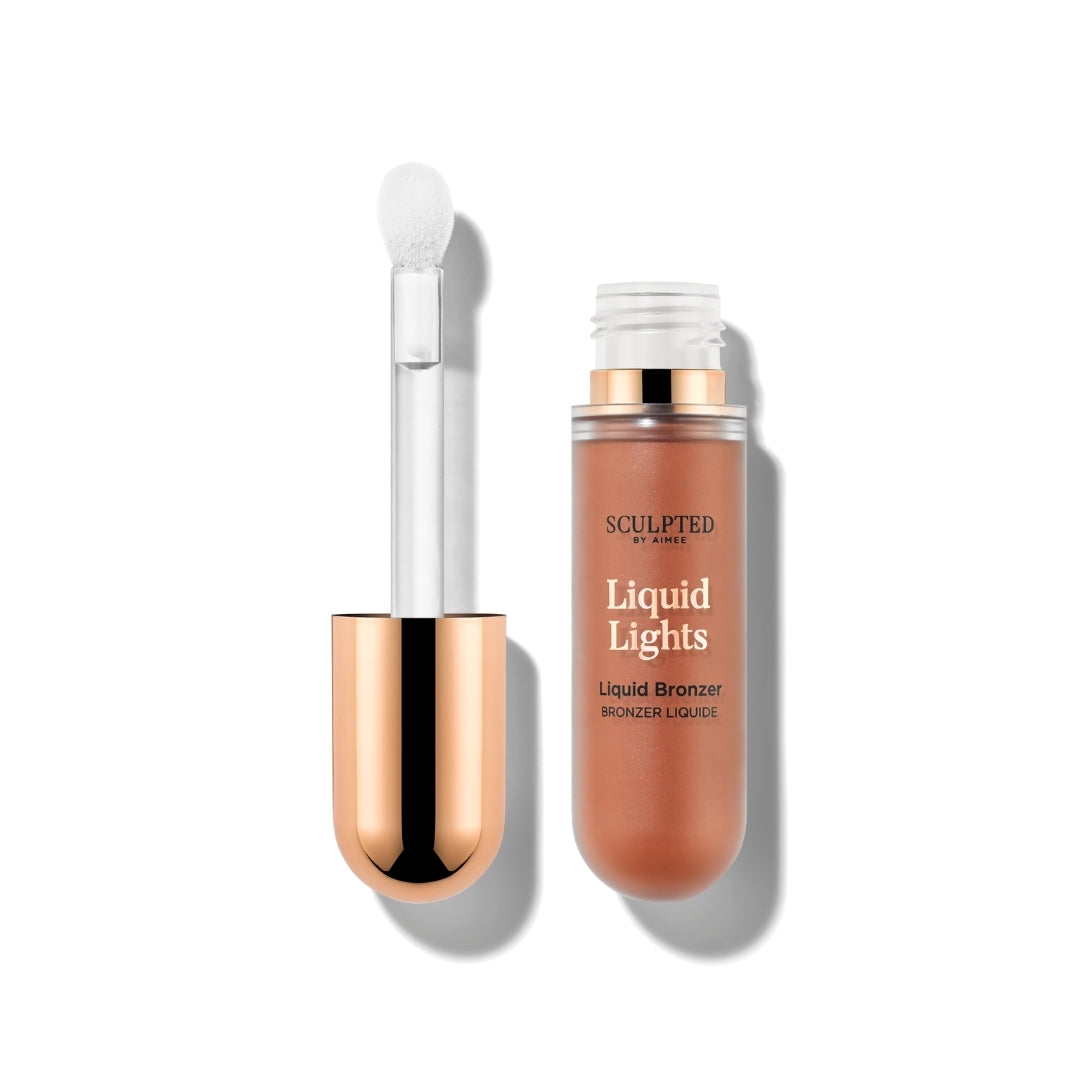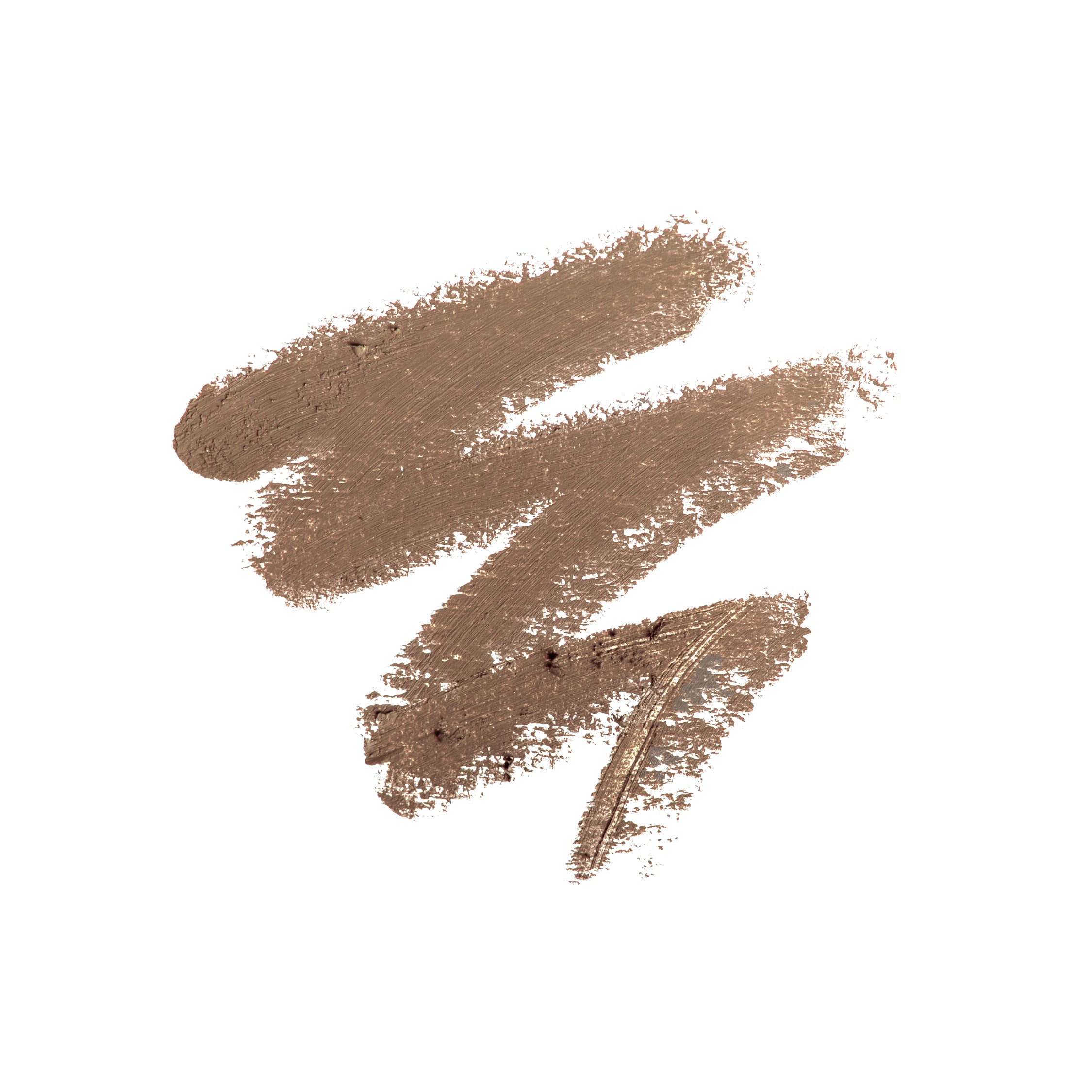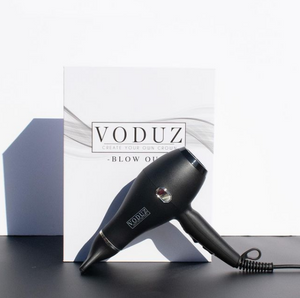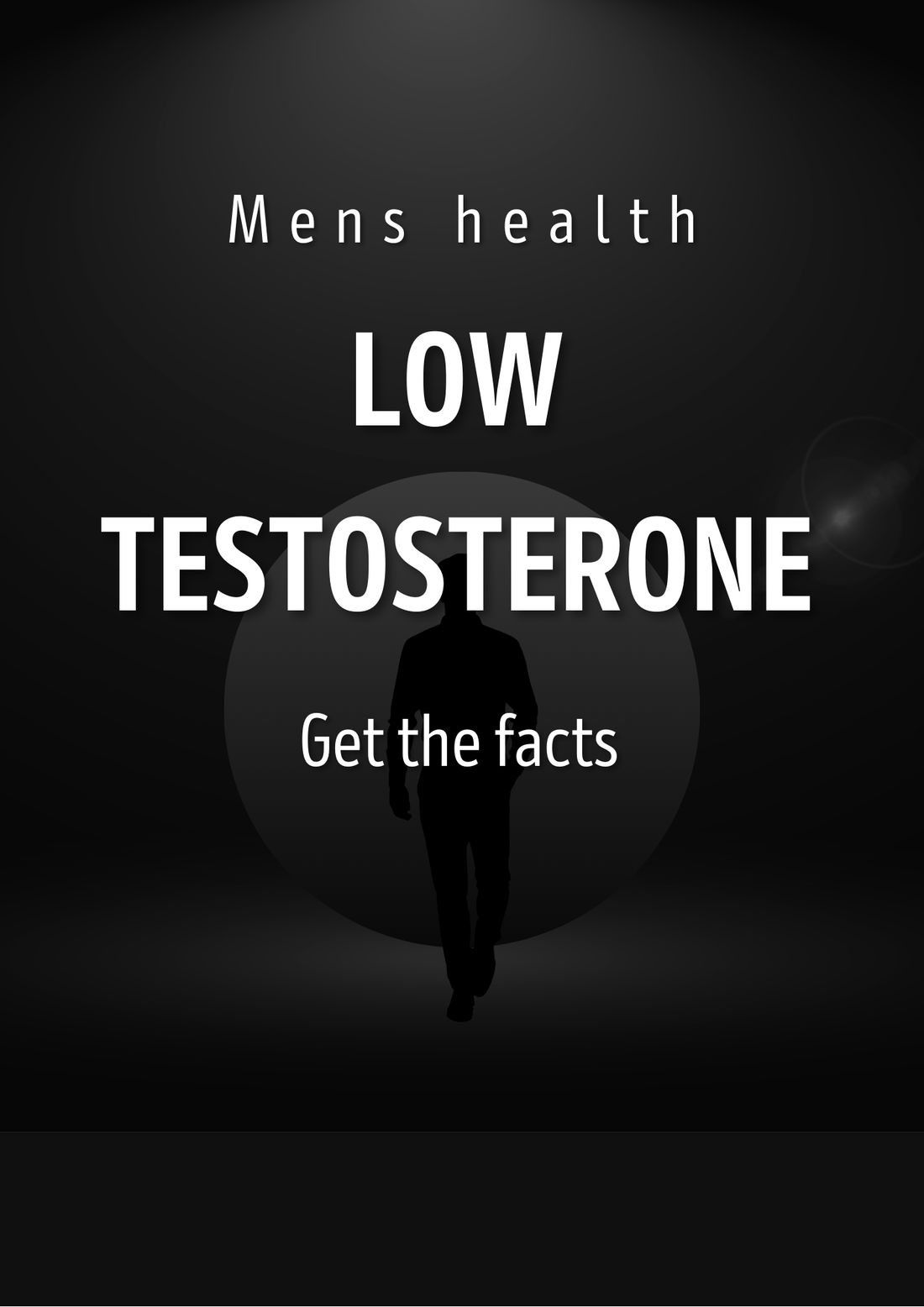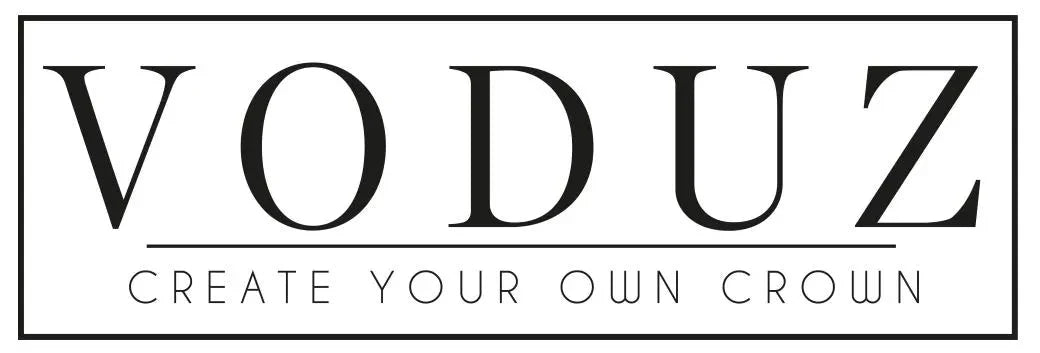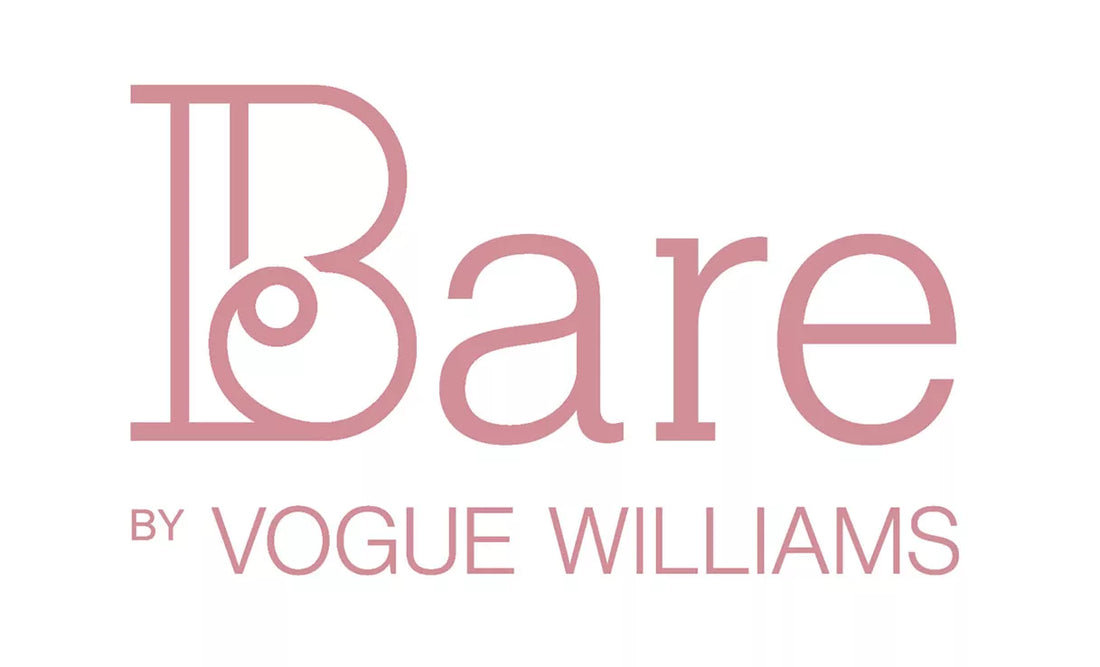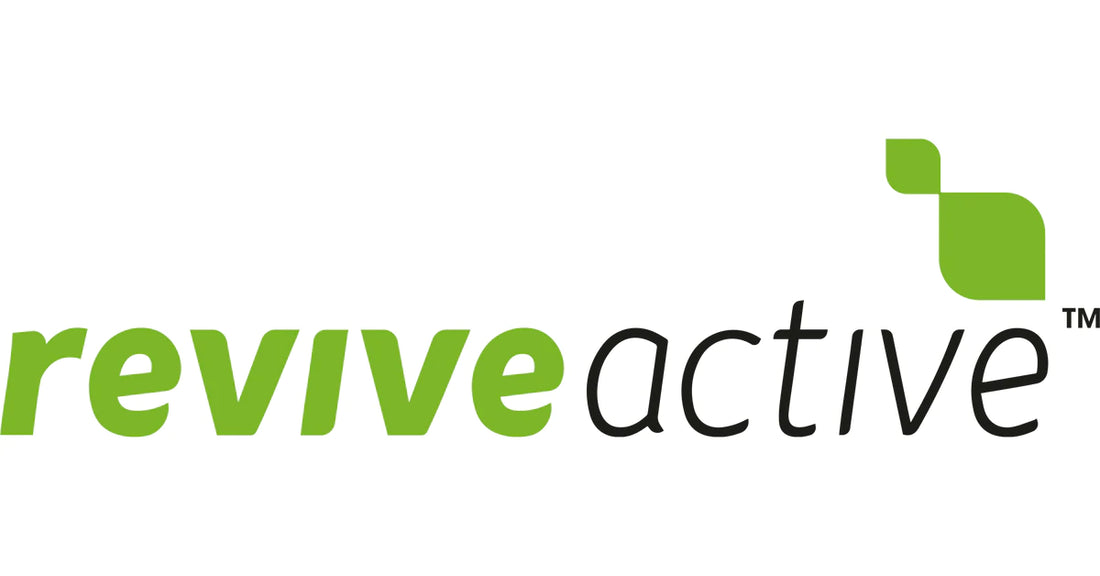Type:
Symprove Strawberry and Raspberry Probiotic 4 week supply (and free gift while stocks last)
Type: Eye Shadow
Sculpted By Aimee Bare Basics Peony Pallette
Type:
CleanMarine Period Plan (formally CleanMarine for Women)
Type:
Ella and Jo Plump and Protect Moisturising Cream SPF 30
Type:
Sculpted Duo Cleanse - Cleanse and Exfoliate
Type:
Sculpted Duo Cleanse - Cleanse and Brighten
Type:
Gigi PMS and Hormone Balance Blend
Type: Health Care
Revive Active Tropical Flavour 30 Sachets
Type: Health Care
Junior Revive Ages 4-12 20 Sachets
Type: Health Care
Revive Active Original 30 Sachets
Type: foundation
Satin Silk Longwear Foundation Fair Plus 2.5C
Type:
bPerfect Skin Fusion Foundation Shade 11 Light/Medium Warm Golden
Type:
Voduz Condition It Nourishing Conditioner 300ml
Type:
Voduz Cleanse It Nourishing Shampoo 300ml
Type:
Voduz Infrared Straigner Limited Edition Bronze
Christmas Gift Inspiration....

Achieve your weight loss goals
Struggling with weight loss? Our medicated weight management service offers expert support and tailored treatment to help you succeed. With personalised consultations, ongoing guidance, and proven treatments like Mounjaro, we’re here to help you reach and maintain a healthier weight.
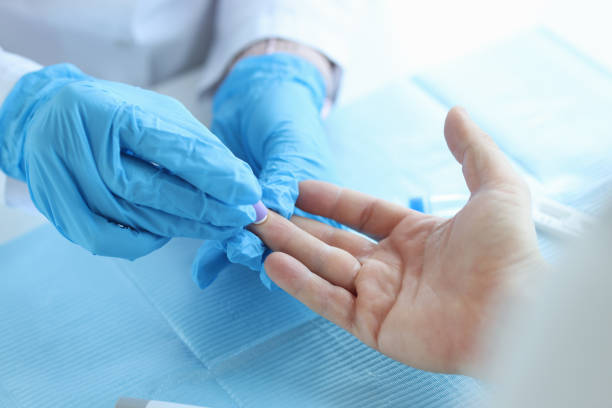
Your Health, Your Insights
Take control of your well-being with our blood testing services at Melvin Pharmacy. We offer a range of tests, including Cortisol, Ferritin, HBA1C, Vitamin D, CRP, Folate, and Rheumatoid Factor to help identify deficiencies, monitor conditions, and support your health journey.
Health Blog
Additional benefits of weight loss drugs!
By now, you must be living under a rock if you haven't heard of the weight loss drugs - Wegovy, Ozempic (semaglutide) and Mounjaro (tirepatide) These are collectively called GLP-1 receptor agonists, or GLP1's for short. Mounjaro targets 2 hormones GLP1 and GIP. We know these medications are very successful at causing weight loss, due to their action on GLP1 or GLP/ GIP receptors. They mimic these hormones and promote the feeling of fullness and reduce cravings. Users can typically expect to loss 15-20% of their starting weight. Patients are carefully screened to ensure they are the right candidate for these drugs, as they are not suitable for everyone. If you want to know more about Melvin Pharmacy's weight loss program - follow this link Services – Melvin Pharmacy Ltd But we now know that there are many more benefits to these drugs than simple weight loss. They are also used to reduce blood sugars in patients with type 2 diabetes. (if you are worried that you may have type 2 diabetes - you can book a blood test here HBA1C – Melvin Pharmacy Ltd But research now shows there are many other beneficial effects, including improved cardiovascular health, enhanced kidney function, neuroprotective effects and reducing addictive behaviours. Improving Cardiovascular Health Due to the reduction in weight caused by these drugs, blood pressure and cholesterol levels drop, reducing the risk of heart attacks and stroke. In addition, research is now showing that these drugs reduce inflammation of the heart, which may lower the risk of blood clots. (1) Enhanced kidney function We know people with obesity are at higher risk of chronic kidney disease - which leads to a reduction in kidney function. Just like we've seen with other drugs used in diabetes, we have observed that people on GLPs, progress much slower to CKD. In overweight people, less protein in their urine has been noted, which is a key indicator of kidney damage. (2) Neuroprotective Benefits A study in the lancet showed people on semaglutide had reduced likelihood of developing Alzheimer's - compared with those not taking the drugs. Other emerging trials, are reporting patients saying their depression has improved. This has been reported to us from our own patients. This is therefore an area to watch! (3) Metabolic Health Many patients who are over weight or obese have insulin resistance - their body is not utilising insulin properly. This puts them more at risk from developing diabetes. If you want to book a blood test for diabetes, click here. (4) HBA1C – Melvin Pharmacy Ltd. The GLP1 drugs used in weight loss improve insulin sensitivity, reducing the risk of type 2 diabetes. Reduction in Addictive Behaviours This has been very interesting and something many patients have reported to us. We have had patients report reduced cravings for processed food, cigarettes, and alcohol. Its due to how these drugs stimulate the brains reward pathways. Interesting, we have had people report a reduction in online shopping and gambling. Risks As with all medications - there are risks, and not everyone is suitable for GLP1 receptor drugs. People have reported nausea, vomiting, constipation, headaches, and a decreased desire to eat and drink water. We know, there is a potential risk of pancreatitis and gall stones. In conclusion Everyone commencing these drugs should be assessed by an Endocrinologist, GP, or prescribing pharmacist with extensive training in this area. Indeed, there are some patients who when assessed by a GP/pharmacist, will be referred on to an endocrinologist. When used correctly - these drugs are likely to change the face of obesity, and benefit long term help. Melvin Pharmacies Weight Management Service We offer 3 options for weight management (1) Join our weight management service - We prescribe the Mounjaro injection only if you are a suitable candidate. You do not need a GP's prescription. You must present in person, and you undergo an extensive screening process. You are weighed monthly, given extensive mentoring, and have regular access to a pharmacist. You will goal set, consider food choices and discuss exercise. This starts at £225/month, but places are limited. Your initial appointment is 1.5 hours, and follow up appointments are approx 40mins. (2) Your GP provides you with a prescription and we dispense it. Initially we show you how to use the pen. All follow up, weighing, follow up prescriptions and monitoring is down with your GP. If you would like follow up with ourselves- see option 3. Prices/month (at time of writing this blog - 27th April 2025 - this may be subject to wholesaler price changes, and are NOT guaranteed) This is for price of drug only, no follow up included. Mounjaro 2.5mg and 5mg £138.00/ pen Mounjaro 7.5mg and 10mg £161/pen Mounjaro 12.5mg and 15mg £181/month (3) Your GP prescribes your prescription and we dispense it. We provide you with extra support such as monthly weighing, blood pressure monitoring, food choices, exercise advice, goal setting, regular access to our pharmacist. Your appointment is roughly 30 mins. This option is not available to patients who have had the medication dispensed elsewhere. The price is - cost of pen as above and £60/ 30 min consultation. So if you are on Mounjaro 2.5mg, and GP has provided you with a prescription, your cost is £138.00 + £60 consult with pharmacist = £198.00 (Your GP may also charge you for the initial prescription) For more advice email garrisonpharmacy@hotmail.com Watch the video below re differences between Mounjaro, Ozempic and Wegovy (Be aware - Mounjaro is now licensed for weight loss - it had been when this video created) (1) Do the new weight-loss drugs improve your health? - Harvard Health (2) https://umcgresearch.org (3) http://medicalnewstoday.com (4) Treatment with tirzepatide in adults with pre-diabetes and obesity or overweight resulted in sustained weight loss and nearly 99% remained diabetes-free at 176 weeks | Eli Lilly and Company
Learn moreTestosterone - understanding how low levels of this hormone can affect men
Testosterone is a male sex hormone that is responsible for maintaining muscle mass, bone density, libido and mental sharpness. Testosterone is really what gives men their drive! Testosterone levels naturally decline with age, and this drop has been dubbed the male menopause. Low testosterone can manifest itself in many way, including tiredness, low libido, erectile dysfunction and confusion/brain fog. While it is expected that men's testosterone levels will decrease with age, between 2-5% of men will have clinically low testosterone levels that will significantly impact their lives, and will need medical treatment. This is called hypogonadiam, and can be present from birth or may develop later in life. The majority of this blog will cover the normal drop of testosterone we expect to see, and how men can naturally boost their own testosterone. However, if you have any of the symptoms mentioned above and they are severely affecting your life - you will need to discuss this with a GP. Other symptoms that someone with clinically low testosterone/ hypogonadism may experience are decreased muscle mass and strength Increased body fat Loss of body hair including facial hair Shrinking testicles hot flashes and sweats Infertility Development of breast tissue Loss of bone mass Anaemia Fatigue Depression and Anxiety Loss of morning erection General feeling of being unwell Your GP will determine if you have clinically low testosterone levels by doing a blood test. Only men with symptoms consistent with hypogonadism will be offered a test - it isn't a normal test offered to men. In order to ensure the correct diagnosis, and to allow for hormone fluctuations, you will usually have 2 tests, each test a few weeks apart. Treatment for hypogonadism involves replacing the hormone testosterone with topical gels, injections and patches containing the hormone. Men will require treatment generally for life, and periodic blood tests. Many men will experience erectile dysfunction, that is not associated with clinically low testosterone, and will respond to medication for erectile dysfunction, such as viagra. However, if you have been using drugs for erectile dysfunction and they aren't working, you should see your GP, as you may be one of those men who does have clinically low testosterone/hypogonadism. For the vast majority of men that will have mild testosterone deficiency (that doesn't require medical treatment or blood tests), there are a number of things they can do to avoid deficiency and symptoms. We cannot reverse aging - which is the main culprit for levels dropping, but we can look at other risk factors. Obesity is a big risk factor for decreasing testosterone levels, so remaining fit and active and following a good diet, will really help all men. Type 2 diabetes is also a risk factor for low testosterone, and this again goes hand in hand with diet and exercise. Resistance training, and high intensity training have shown to improve testosterone levels. A diet rich in vitamin D (sunlight, fish and supplements), healthy fats (such as avacados and olive oil) and zinc (red meat and nuts and shell fish) all support testosterone production. We also know that high body fat, particularly visceral fat can contribute to lower testosterone levels. So it is important that men follow a calorie controlled diet. Stress and lack of sleep can all cause hormone imbalances, so it is clear, that sleep hygiene is important. Natural supplements such as magnesium can also help with sleep. There are a few supplements that I have identified that can help with the normal drop in testosterone. As we said, a diet rich in Vitamin D and Omega Fish oils can help with testosterone levels, and we know in Ireland, we probably don't get enough of either I'm a big fan of the Revive Range, and Mastermind is on of my favourite supplements as it not only contains fish oils and Vitamin D but it can boost mental sharpness. Remember, we are all deficient in Vitamin D, but if you want to check this - we are offering Vitamin D finger prick blood tests in Melvin Pharmacy! See attached link. Vitamin D – Melvin Pharmacy Ltd Revive Mastermind 30 Sachets – Melvin Pharmacy Ltd If sleep or anxiety is a major issue for men, I'm a huge fan of R&R relax from the FabU range by Laura Dowling. It can be used by men or women, and contains magnesium, ashwagandha (not just good for female hormones, but also male) and vitamin D. Follow the link here for more details. Fab U R&R Capsules 60 – Melvin Pharmacy Ltd I'm also a big fan of One Nutrition Magnesium Biglycinate, as it passes the brain barrier and is highly bioavailable, which means it really does work for sleep! One Nutrition Pure Magnesium Biglycinate – Melvin Pharmacy Ltd And new to the market, and creating a storm is FabU Andropause Shrooms for men. This is the first type of its kind on the market, containing many supplements known to increase mental sharpness, increase libido and give men back their mojo. FabÜ Shrooms Andropause for Men – Melvin Pharmacy Ltd FabU Shrooms Andropause For Men 60 Capsules is a blend of vitamins, mushrooms and active ingredients formulated in Ireland. With Lion’s Mane Mushroom and Shilajit combined with Zinc, Selenium and B vitamins. It supports testosterone levels, energy production, cognitive function and mental performance. FabU Andropause is suitable for men with low testosterone and hypogonadism, and can be taken with medication for low testosterone and viagra and other drugs for erectile dysfunction. If you are concerned you may have clinically low testosterone levels please chat with your GP. But please remember, mild symptoms are unlikely to indicate hypogonadism, and may be associated with normal aging. But as this blog shows, theres lots of things you can do to help with the symptoms. Useful links The 'male menopause' - NHS Low Testosterone (Testosterone Deficiency): Symptoms and Treatment
Learn moreSo what was I talking about again???? Oh yes, 'Brain Fog'!
Many of us use the term 'Brain Fog' these days when we forget something or if our brain feels a bit fussy. But what exactly is it? In the following blog, 4th year secondary school student (transition year), Clara Gallagher discusses brain fog and how people can tackle it. Clara was doing some work experience and research with us in Melvin Pharmacy. Keep reading, this is really interesting. What is brain fog? Brain fog is a term for slow, fuzzy, and sluggish thoughts. Brain Fog is not a medical or scientific term, but a term given to a variety of symptoms including poor concentration, slow thoughts, forgetfulness, mental fatigue, sluggish thoughts, lack of clarity, mental confusion and feeling out of it. Brain fog can be experienced by anyone of any age, even children. What does this mean for people? People experiencing these symptoms can also struggle to concentrate, remember things, think clearly or put thoughts into words and often can find information exhausting. Who does Brain Fog affect? People with ADHD ( Attention deficit hyperactivity disorder), chronic stress, sleeping disorders, eating disorders, nutritional deficiencies, hormonal changes, menopause long covid and other complex conditions are more susceptible to brain fog, such as hypothyroidism, fibromyalgia, dehydration, multiple sclerosis, dehydration taking drugs that induce drowsiness. Many of the symptoms of brain fog, such as memory loss, are accustom to ageing, so a person age must be taken into account, although brain fog can be experienced at any age with many different causes. Brain fog has similar symptoms to sleep deprivation stress minor head injury recovering from Covid recovering from other infections menopause It is common for those who suffer from anxiety and depression to have brain fog. Lets look at the causes of Brain Fog more closely! Stress - Stress can cause increased blood pressure, weakening the immune system which can cause depression and mental fatigue. Lack of sleep - Poor sleep quality can interfere with how well your brain functions, leading to poor concentration and cloudy thoughts. Hormonal change - levels of hormonal progesterone and oestrogen increase during pregnancy. This change can affect memory and can cause short-term cognitive impairment. Hence the term 'baby brain'. Similarly, during the time of your period (menstruation), many women will also suffer pre menstrual symptoms - one of which is brtain fog. ((At the bottom of the page we've listed some supplements aimed at alleviating pre menstrual symptoms such as poor memory and concentration, and mood swings). Similarly, during menopause drops of oestrogen levels can cause forgetfulness, poor concentration and cloudy thoughts. (At the bottom of the page we've listed some supplements aimed at alleviating menopause symptoms such as poor memory and concentration, as well as hot flushes, mood swings, fatigue and joint ache). Diet -Vitamin B12 supports a healthy brain, but a vitamin B12 deficiency can affect how the brain functions causing brain fog. Vitamin B12 is found in almost all animal food stuffs, and often lacking in people who are vegan and vegetarian. It can also be lacking in people with certain anaemias, and taking medications such as metformin. Those who have allergies or food sensitivities may experience brain fog after eating dairy, peanuts or aspartame. Screen time. Blue light can affect cognitive function. Spending to much time on screens can cause concentration problems. Medication. Brain fog can be a side effect of taking medicine particularly pain and sleep medicine. Antihistamines, particularly the drowsy ones can cause brain fog. Covid. Those suffering from covid 19 or long covid often find themselves suffering from brain fog. Covid itself can affect cognitive function, but also the psychological factors related to the pandemic can maintain and strengthen the symptoms of brain fog. Anxiety related to the pandemic. Fear around the uncertainty of the virus led to increased levels of anxiety which causes worry and self-critical thoughts which affects concentration and can lead to many symptoms of Brain Fog. Low mood related to the pandemic. Many people experienced low mood during the pandemic due to being lonely, worried about the future, experiencing loss in some way during the pandemic in some way and being unable to see family, family and socialize. These experiences leave people feeling down and in a low mood which can trigger short term cognitive impairment Tips to reduce Brain Fog Give yourself a break. Give yourself time to rest and allow yourself to relax giving you time to improve your performance, concentration and self-control. Having proper time to rest and unwind does not include grabbing for your phone, which can cause more problems, but spend time Meditating Taking a nap Socialising with friends and family Doing a hobby Getting fresh air These activities give your mind time to reset and decrease stress. Eat to feel well Making nutritious additions to your diet can help your health hugely. · Foods high in antioxidants Help reduce oxidative stress in the body resulting in a healthier mind and body. For example - blueberries, oranges, and nuts. -Staying hydrated is vital in mind and body health as the body is 75% water. Dehydration can affect memory and mood. -Fish. Fish is a nutritious brain food full of Omega-3 fatty acids, which is associated with lower rates of cognitive decline. Vitamins including fish oils is a great way to ensure you are getting all the nutrients such as omega-3 fatty acids found in fish. Omega 3 cannot be made by the body. We only get them in food. Fish oil primarily contains two types of omega-3 fatty acids — EPA and DHA. However, EPA and DHA are usually found in 'fatty fish' which many of us do not eat. If you choose a supplement, ensure you do your research. The way they are procured (made during manufacture) will ultimately determine how effective they are. It should be cold pressed. In addition, it should contain somewhere in the region of 500mg + of EPA and DHA combined (max 2000mg) or 250mg of DHA on its own. If its brain function improvement your after, opt for more DHA than EPA, or indeed just choose DHA/ Cheaper brands of Omega 3, may not fulfil all your requirements, as the extraction process of fish oils is expensive - therefore, they may be making false claims. Often you will see fish oils marked as 1000mg of fish oils - but they are filler oils, are the amount of actual useful components is very low. One Omega 3 fish oil that Melvin Pharmacy recommend is Revive Mastermind - it contains only DHA, 350mg. It also contains uridine and choline. Uridine is used in DNA and RNA synthesis, and is part of neurotransmitters. Choline is a precursor to Acetylcholine, an important neurotransmitter involved in memory. The Omega in Mastermind is from Marine Algae and not fish, therefore doesn't have a fishy taste, and is suitable for vegitarians. You can purchase Mastermind from Melvin Pharmacy by following this link Revive Mastermind 30 Sachets – Melvin Pharmacy Ltd (shopifypreview.com) Exercise Exercised is linked with improved brain function. Exercise encourages proteins that improve brain function - endorphins, serotonin (our happy hormone) and dopamine. Exercise can also reduce anxiety, depression and distract us from stressful or upsetting thoughts. Activities such as Walking Jogging Yoga Gardening Stretching Are simple ways to ensure you are getting exercise. Reduce coffee and Alcohol intake Caffeine causes jitters, headaches, insomnia, upset stomach and rapid heartrate which can affect your brain function. Excess of 4-5 cups of coffee a day is not recommended. Similarly alcohol is both a stimulant and a depressant which significantly impairs cognitive impairment. Once the level of alcohol decreases in your body, it can cause headaches, fatigue, anxiety and other symptoms of brain fog. Chronic alcohol use can lead to further cognitive impairment and neurological disorders such as dementia. Prioritise sleep Getting enough sleep in vital in a person’s overall especially their mind health. · Try to go to sleep at the same time everyday · Avoid nicotine and caffeine which can interfere with sleep. · Keep your room dark. · Wind down at least an hour before sleeping by putting away electronics. - Don't take sleeping tablets, as they may make brain fog worse. If you want to take something natural to promote sleep, we recommend a non stimulant supplement with high quality magnesium. One example is FabU R&R, formulated by an Irish Pharmacist called Laura Dowling. This can be used by men and women. Fab U R&R Capsules 60 – Melvin Pharmacy Ltd (shopifypreview.com) Is there a 'cure' for Brain Fog? Brain fog is temporary and generally is related to lifestyle so some small changes should relieve you from brain fog and help you maintain a healthier lifestyle. However, if brain fog is disrupting your life, please seek help from your GP or pharmacist. There may be a treatable cause, for example, low B12 levels, side effects to medication, menopause, depression or pre menstrual symptom. Below are some supplements we mentioned for brain fog associated with menopause (these are safe to use with HRT). Cleanmarine and Revive Menoactive should not be taken by women with oestrogen positive breast cancer, or a close family member. This is because they contain isoflavones which are similiar to oestrogen. FabU Meno and Peri can be taken by women with a history of breast cancer. Click links for more advice. Revive Meno Active 30 Sachets – Melvin Pharmacy Ltd (shopifypreview.com) FabU Shrooms Meno and Peri 60 capsules – Melvin Pharmacy Ltd (melvin-pharmacy.co.uk) Cleanmarine Menomin – Melvin Pharmacy Ltd (melvin-pharmacy.co.uk) Also below, are supplements we recommend for menstrual brain fog - click link to learn more CleanMarine Period Plan (formally CleanMarine for Women) – Melvin Pharmacy Ltd (melvin-pharmacy.co.uk) Also below is a general supplement for brain fog for Men and Women FabU Focus Brain – Melvin Pharmacy Ltd (melvin-pharmacy.co.uk) I hope you have enjoyed this blog - below are some useful resources ttps://patient.info/news-and-features/why-we-get-brain-fog-and-what-to-do-about-it Long COVID: Brain fog | Long-term effects of COVID-19 (nhsinform.scot) References Brain Fog: 6 Potential Causes (healthline.com) Memory and thinking problems after COVID-19 - HSE.ie
Learn more
